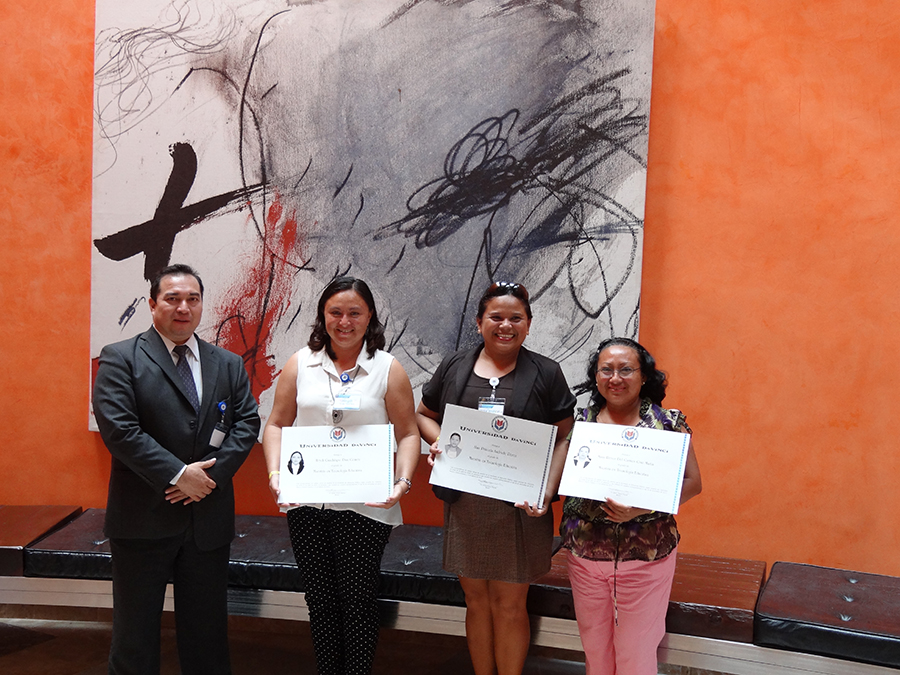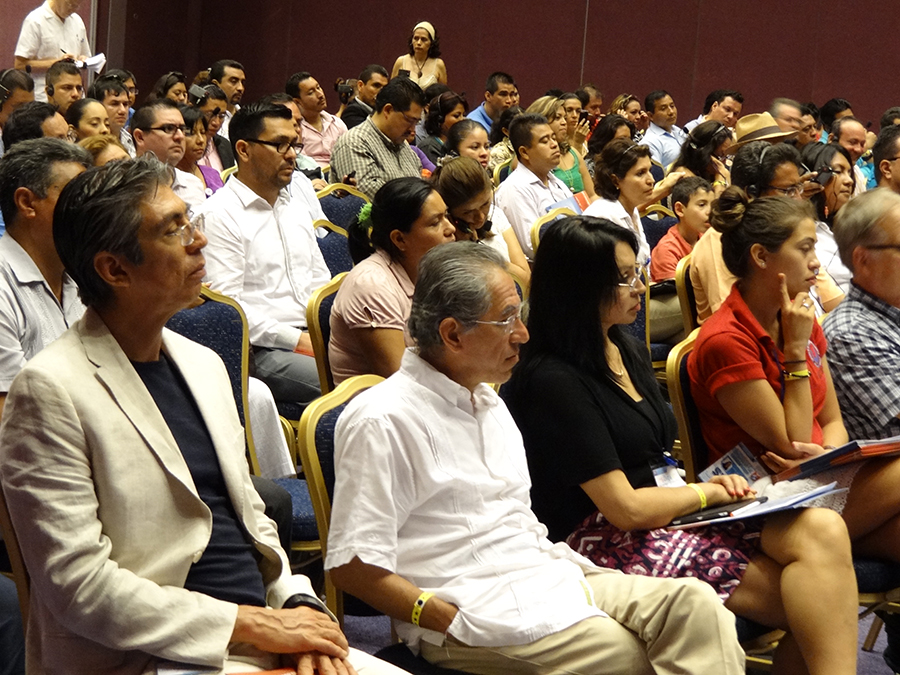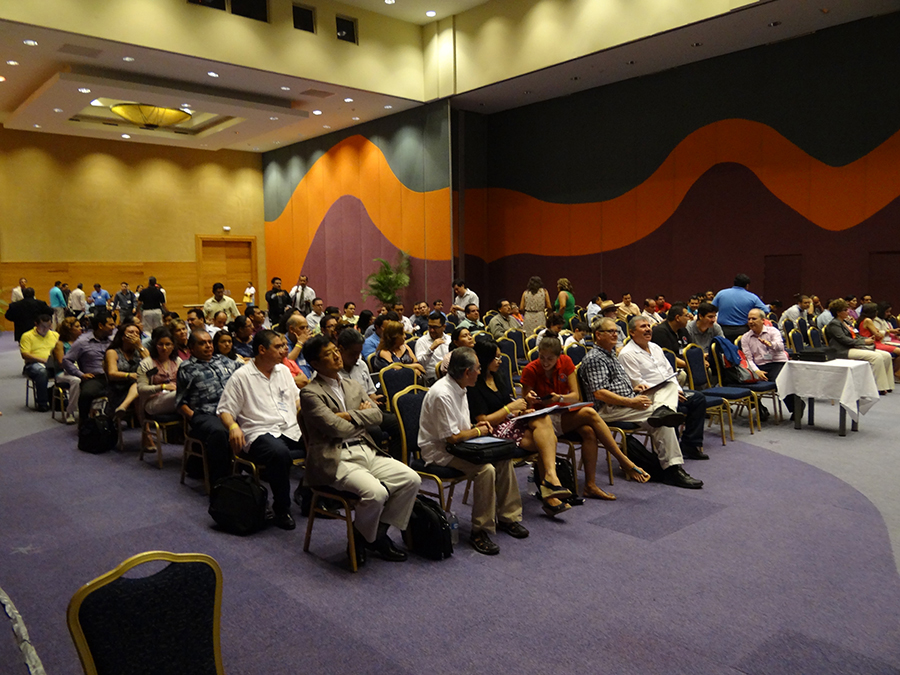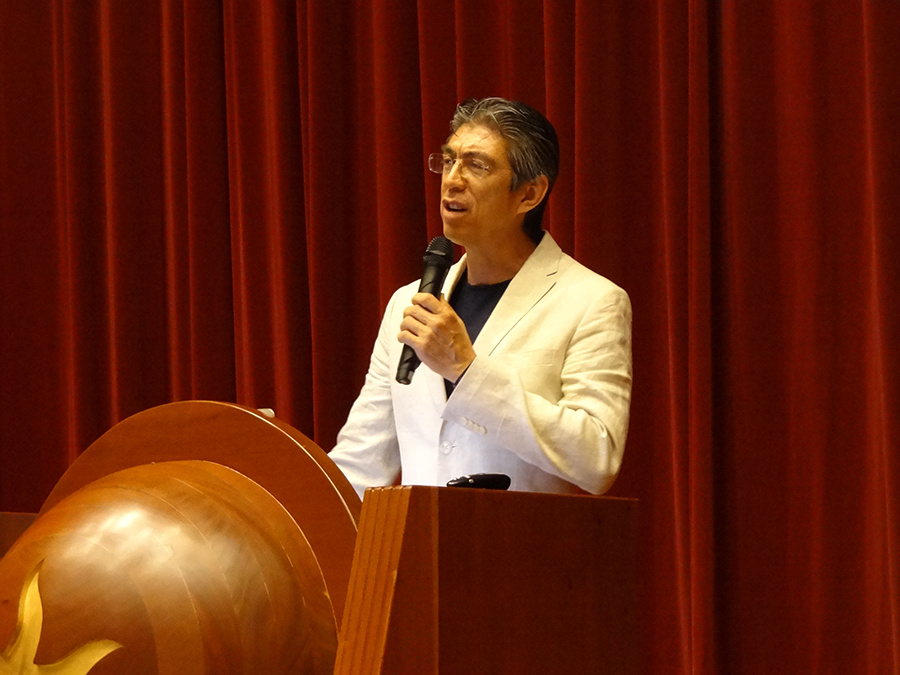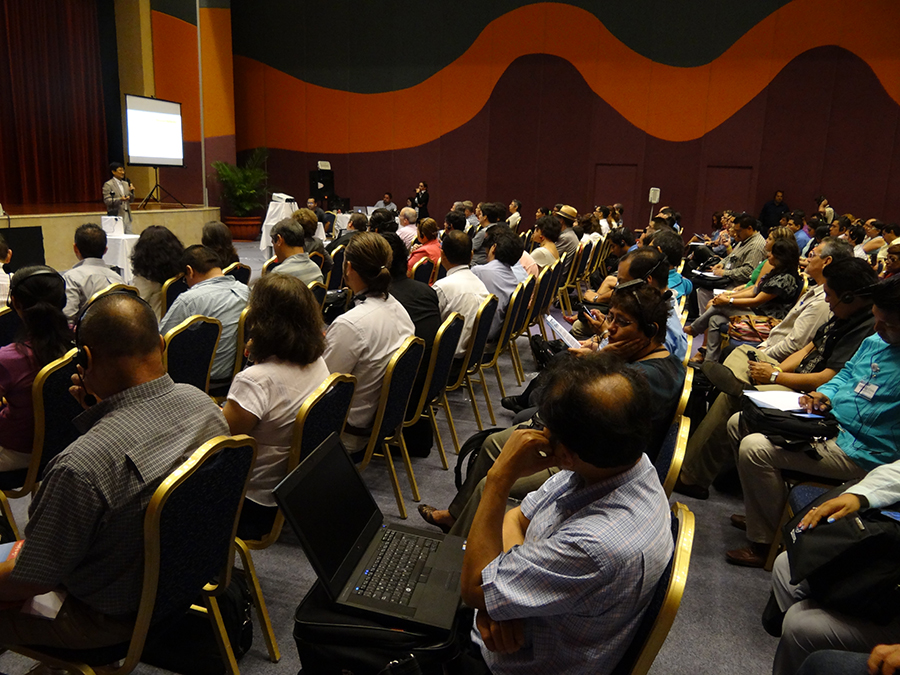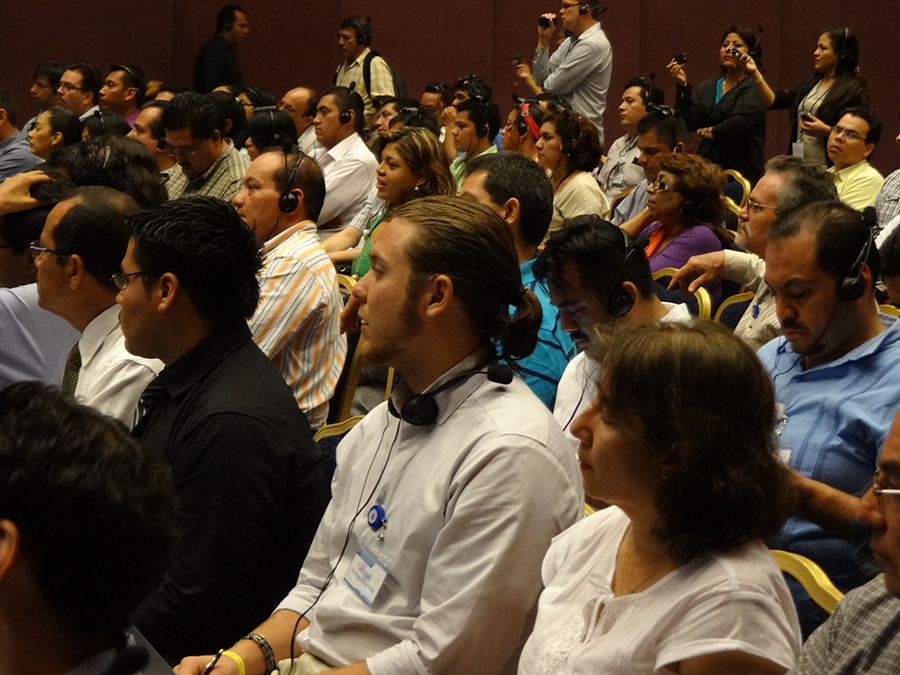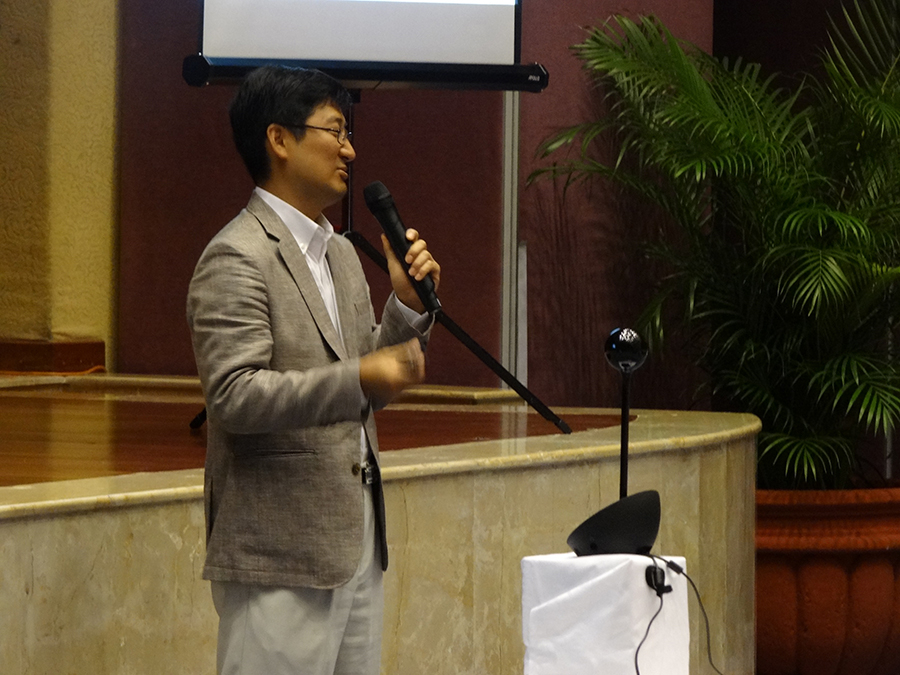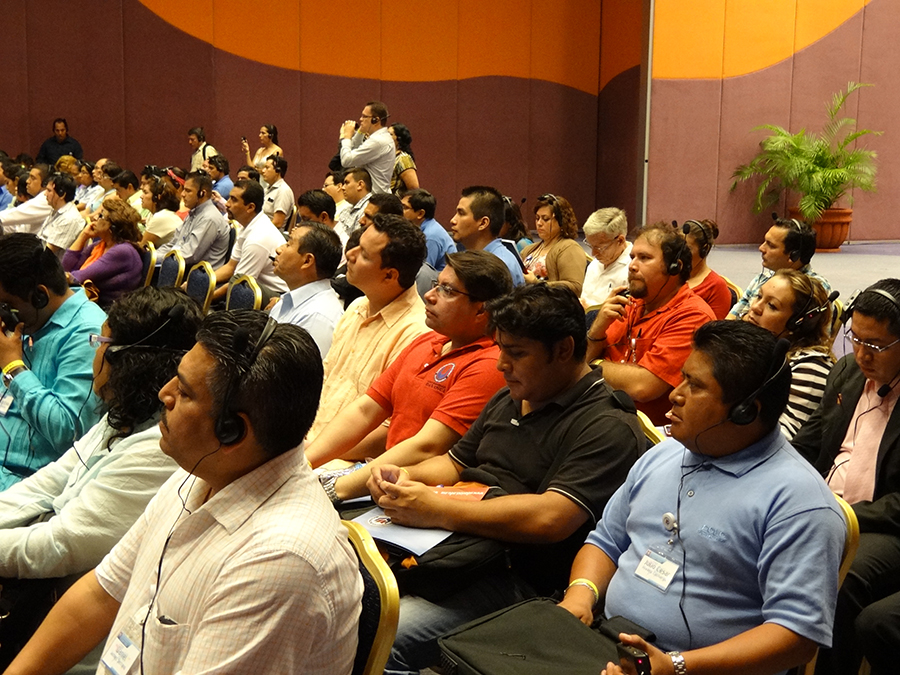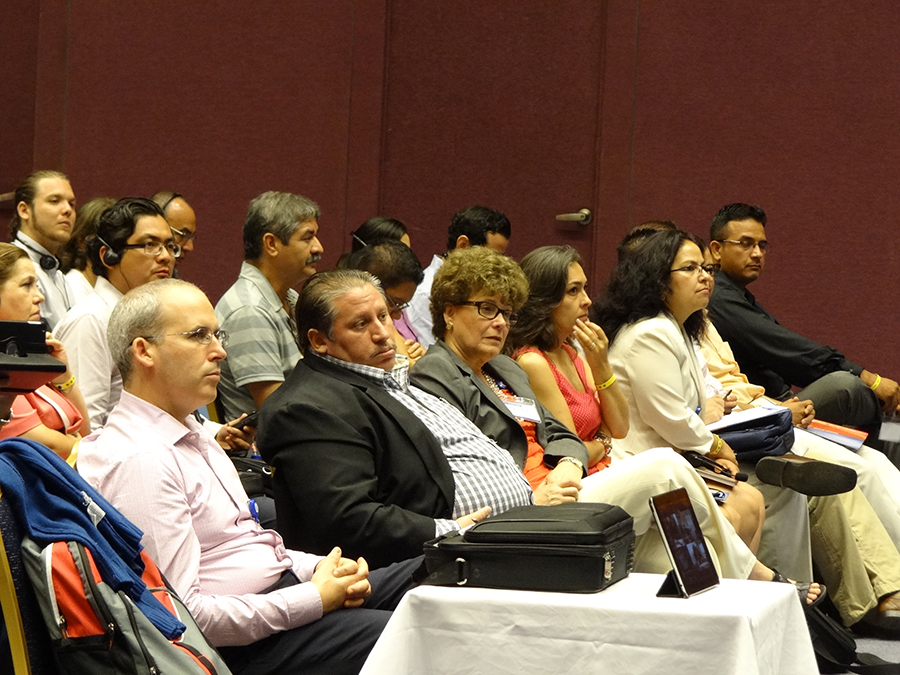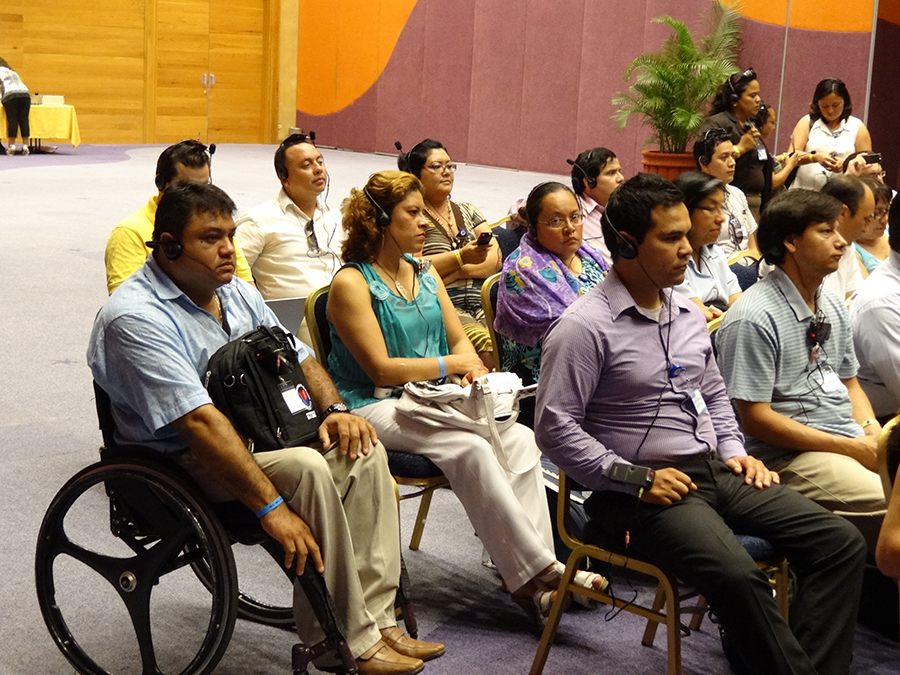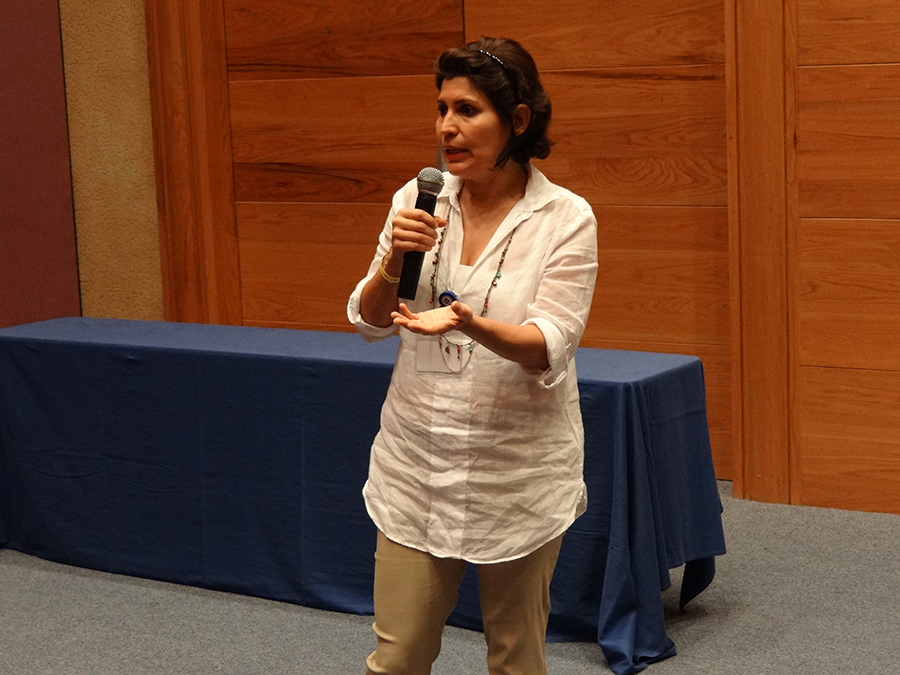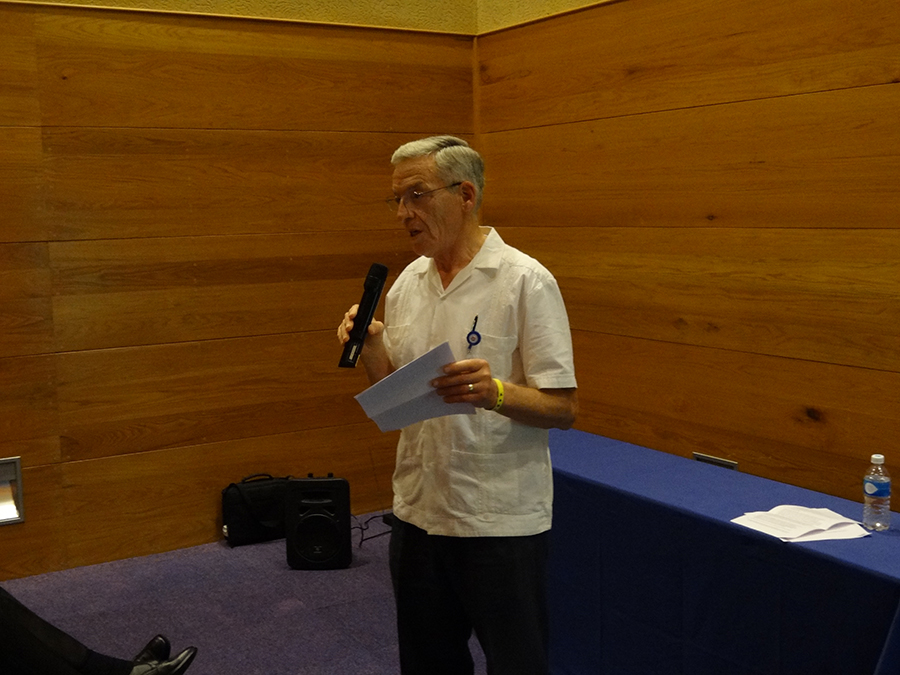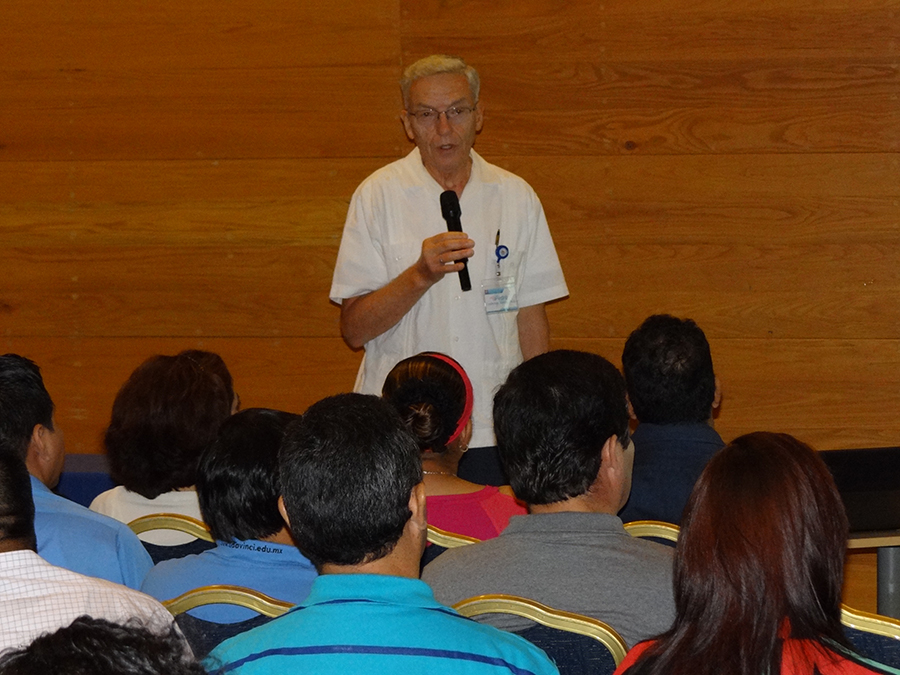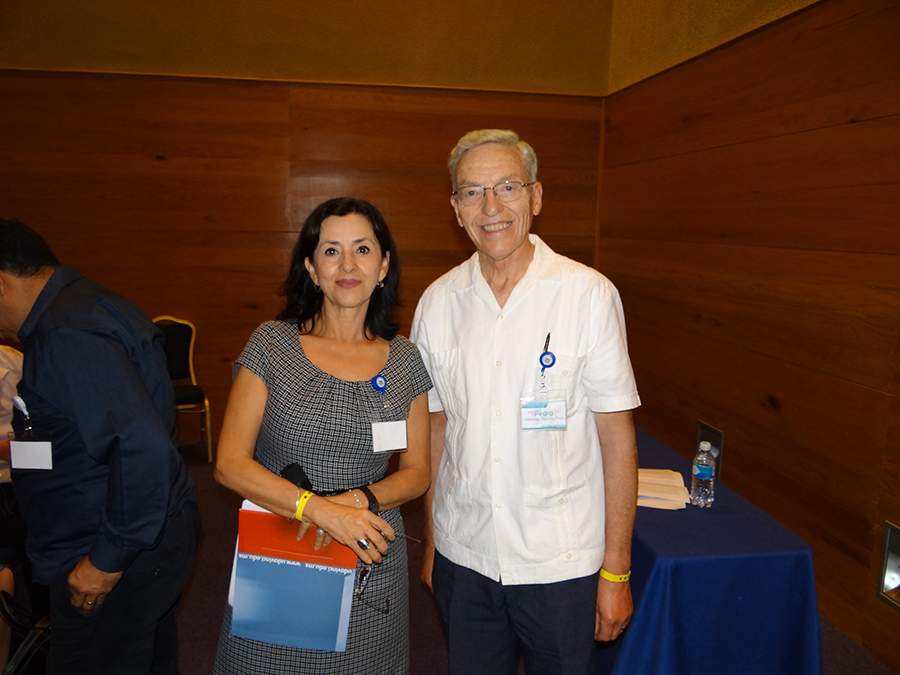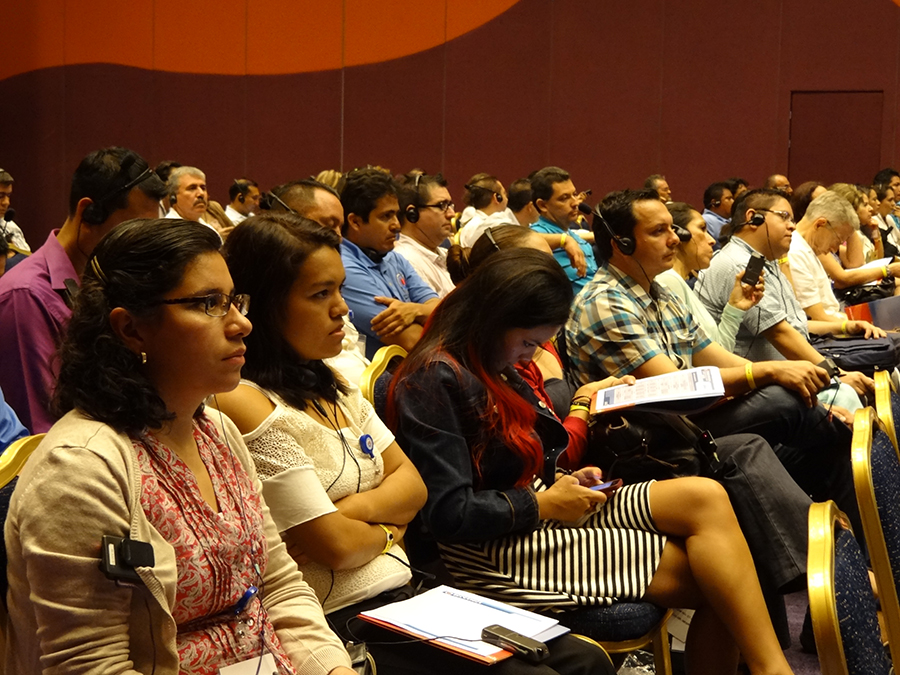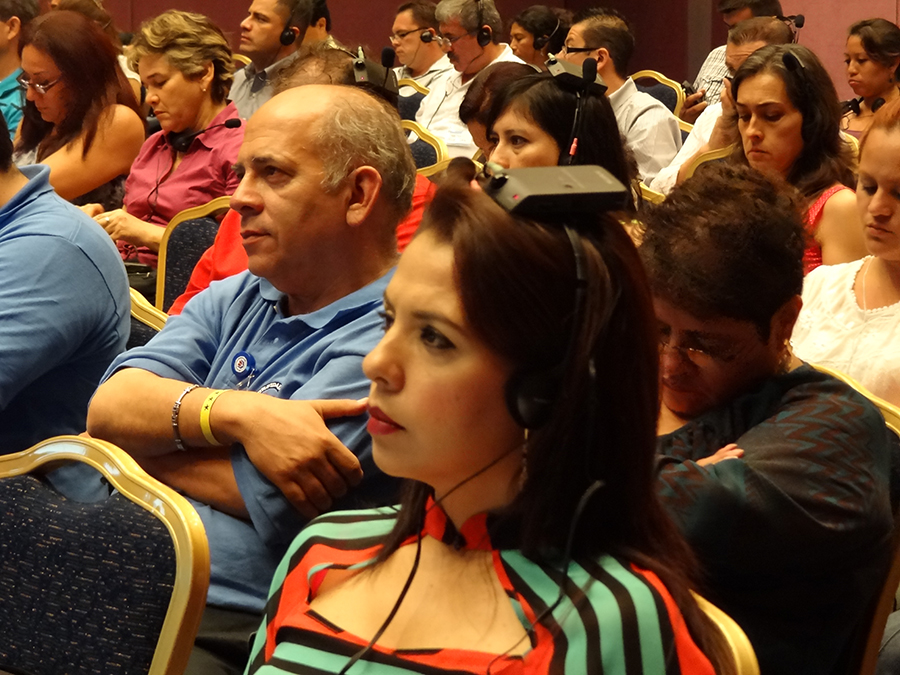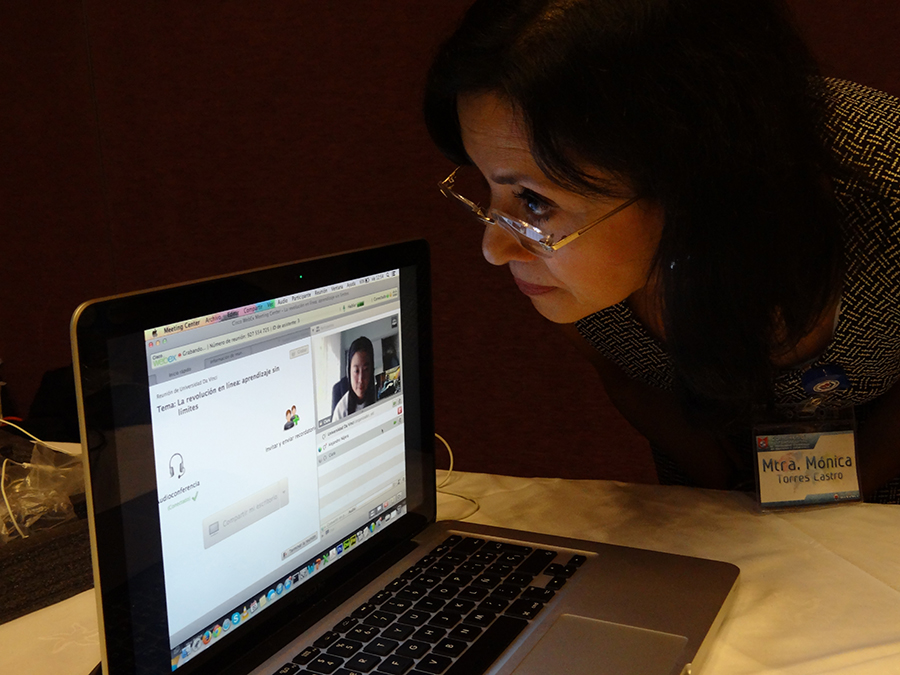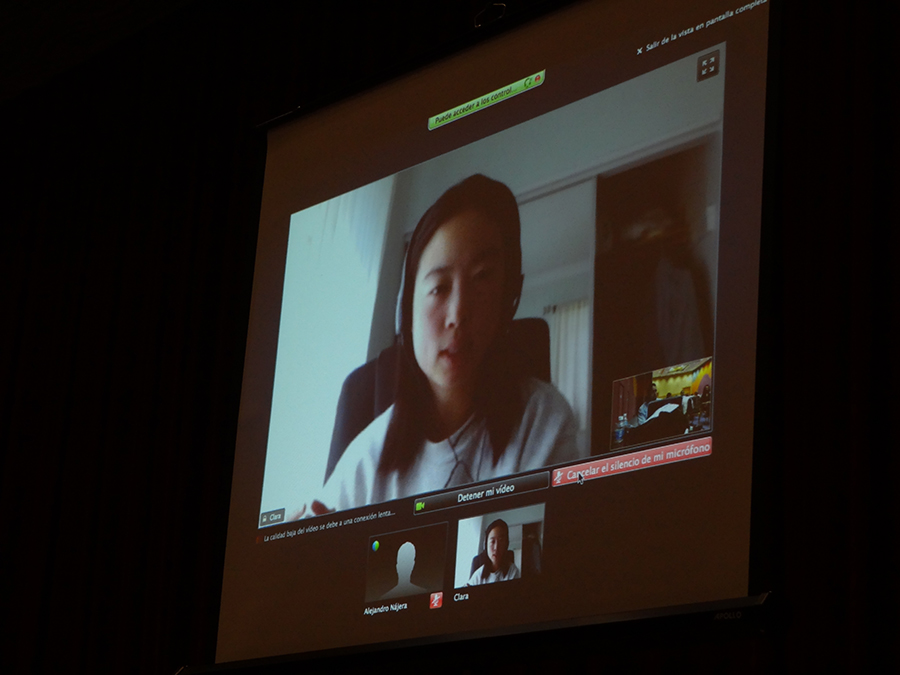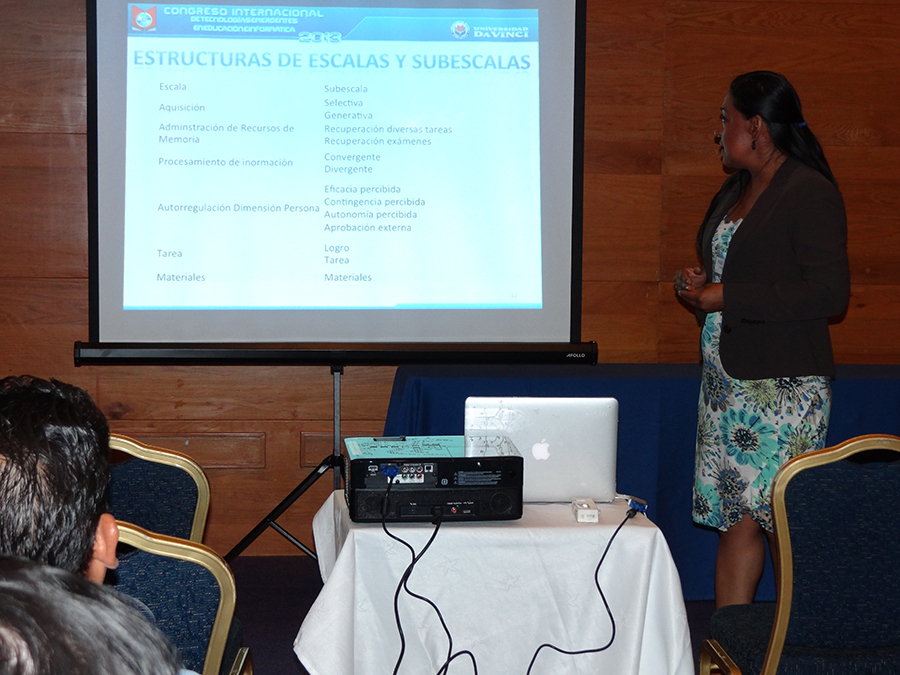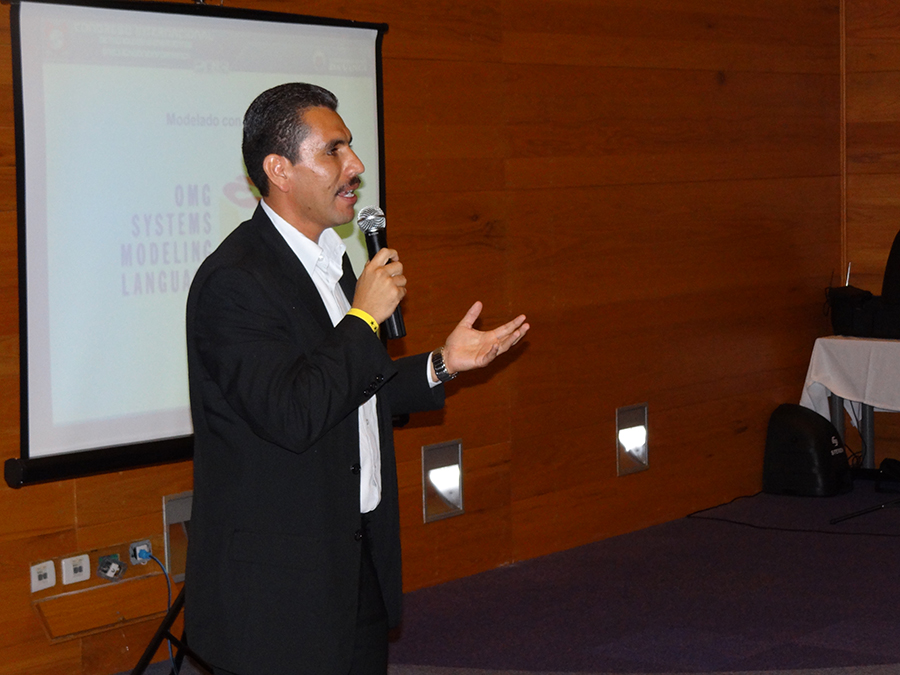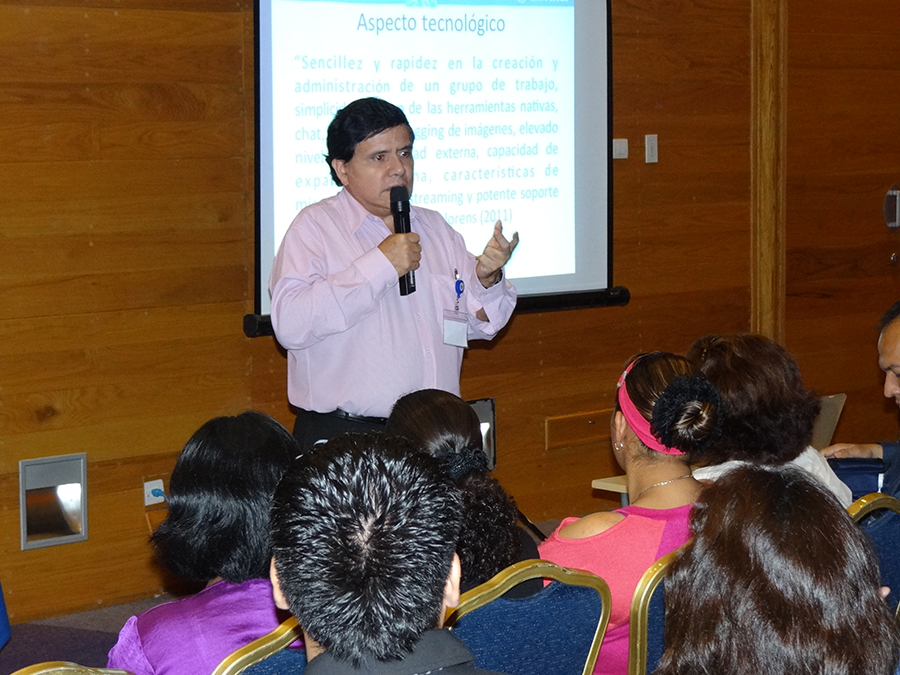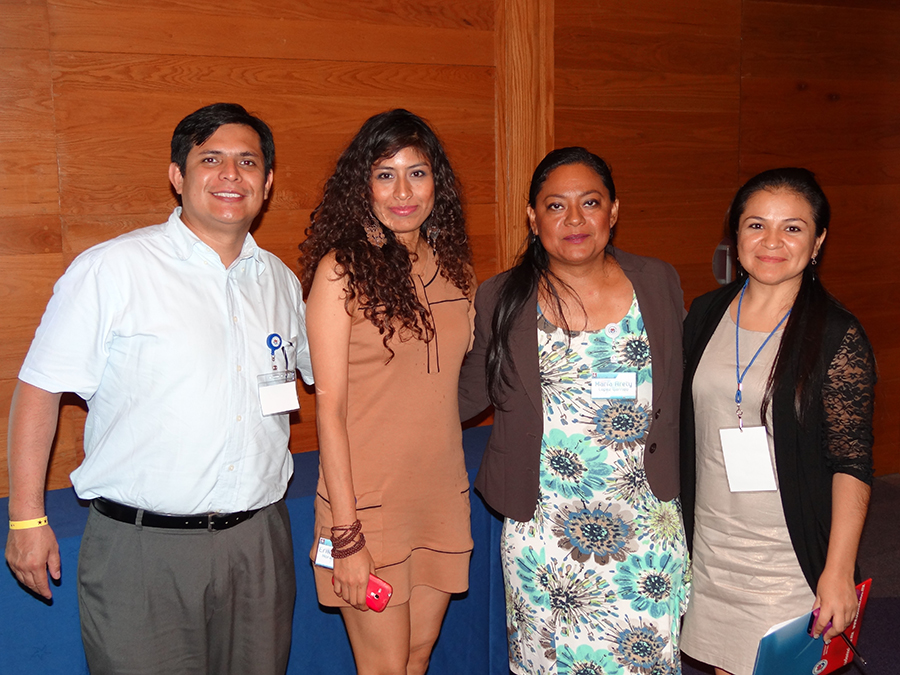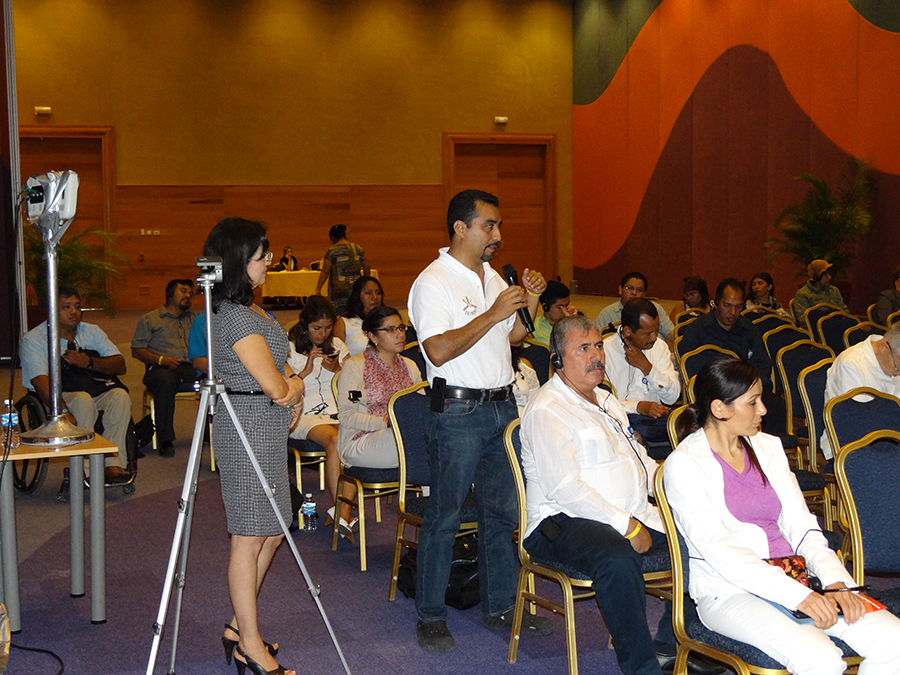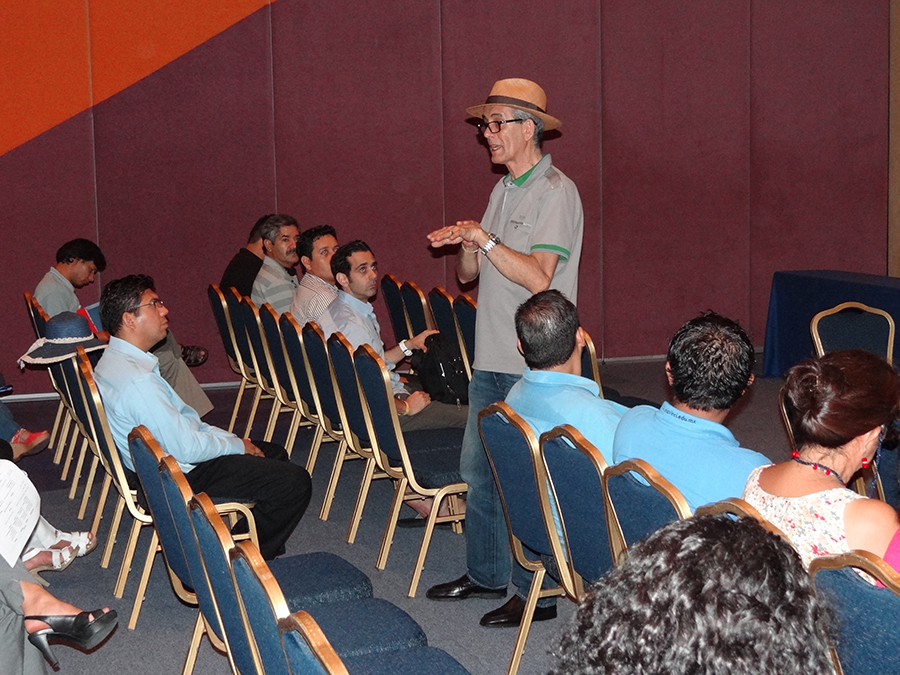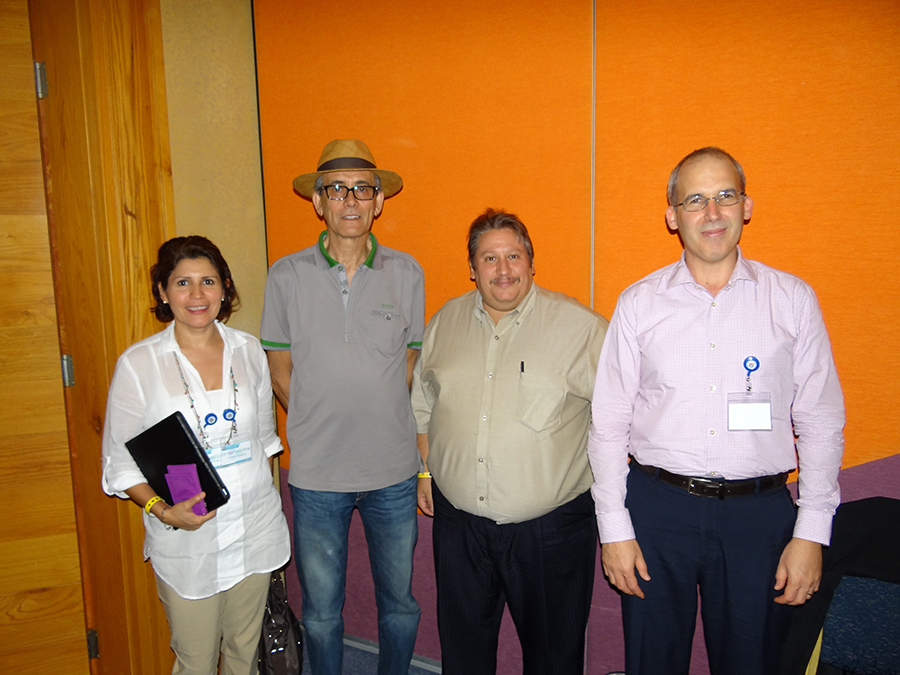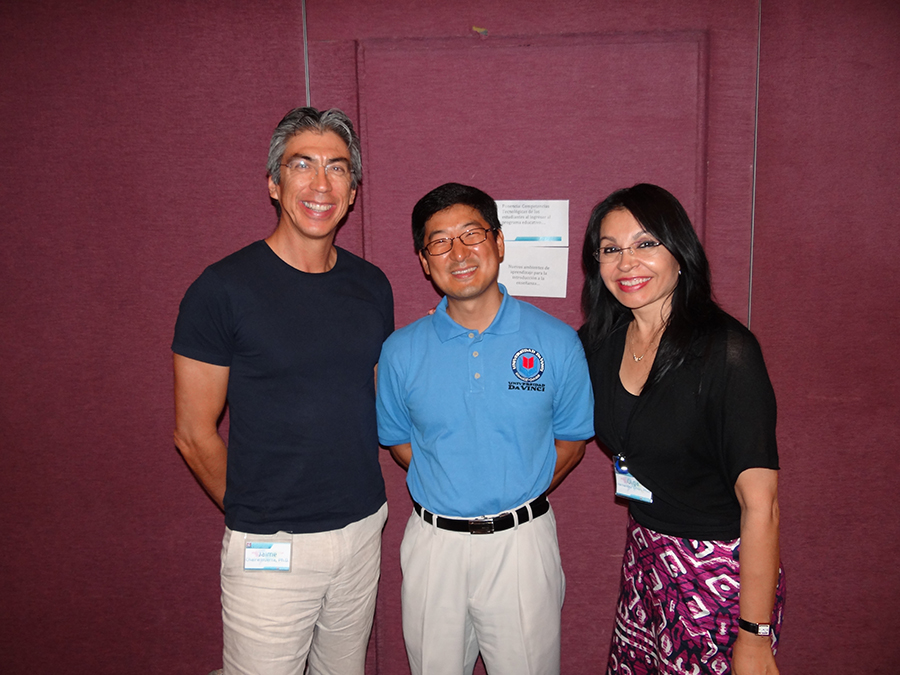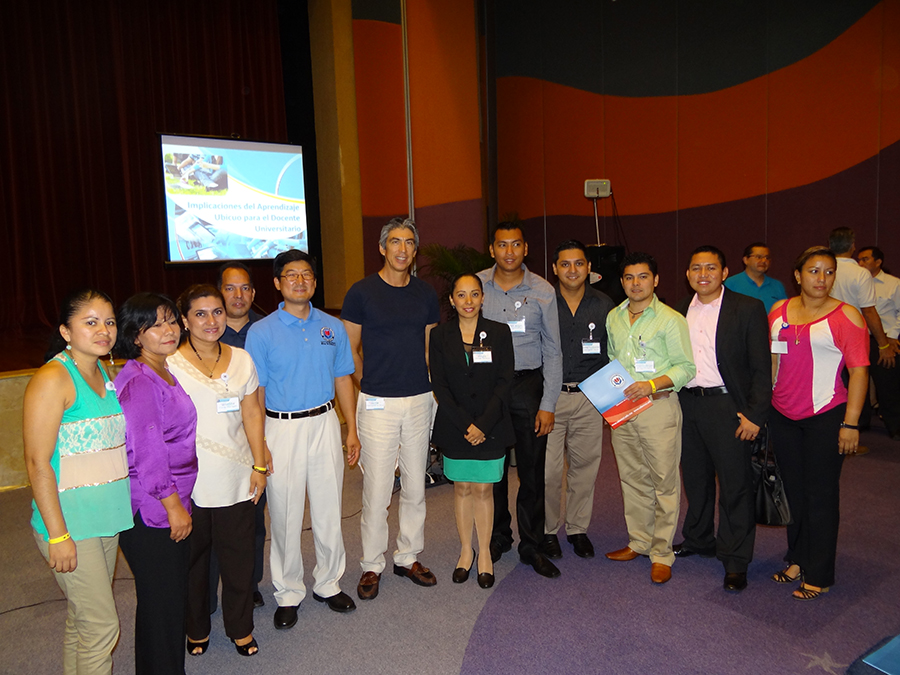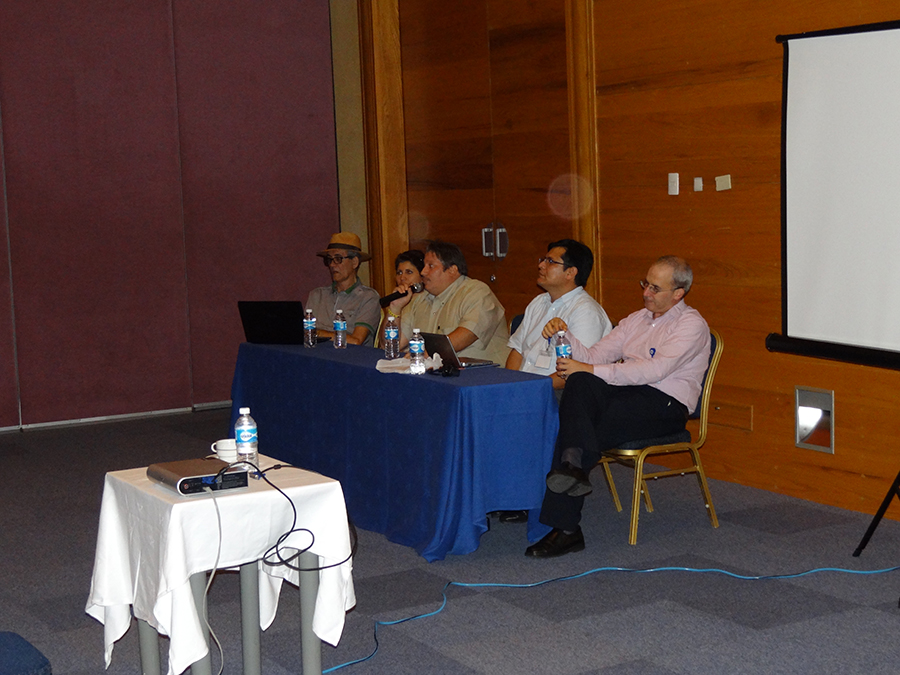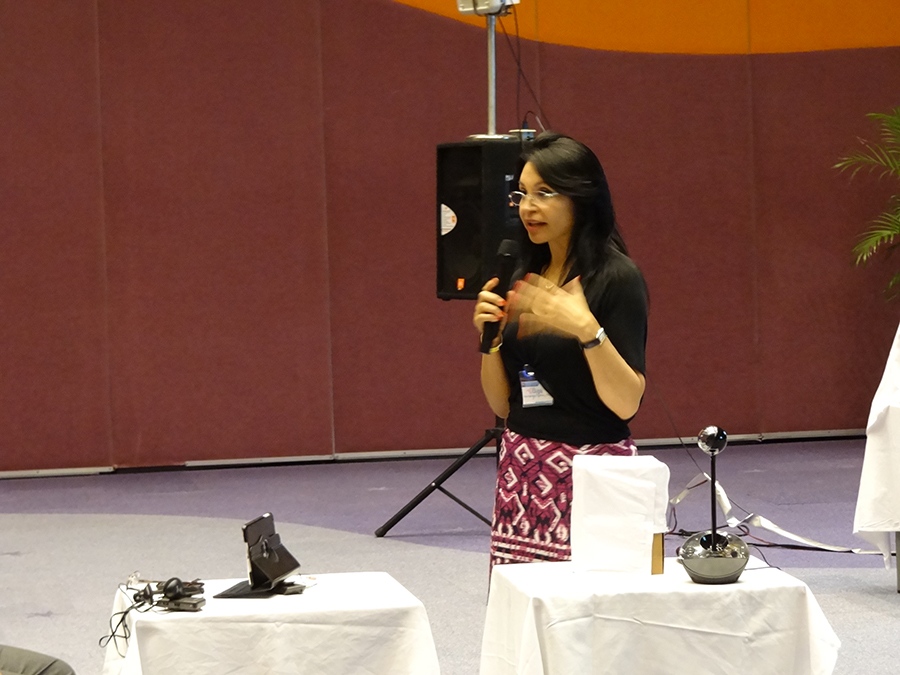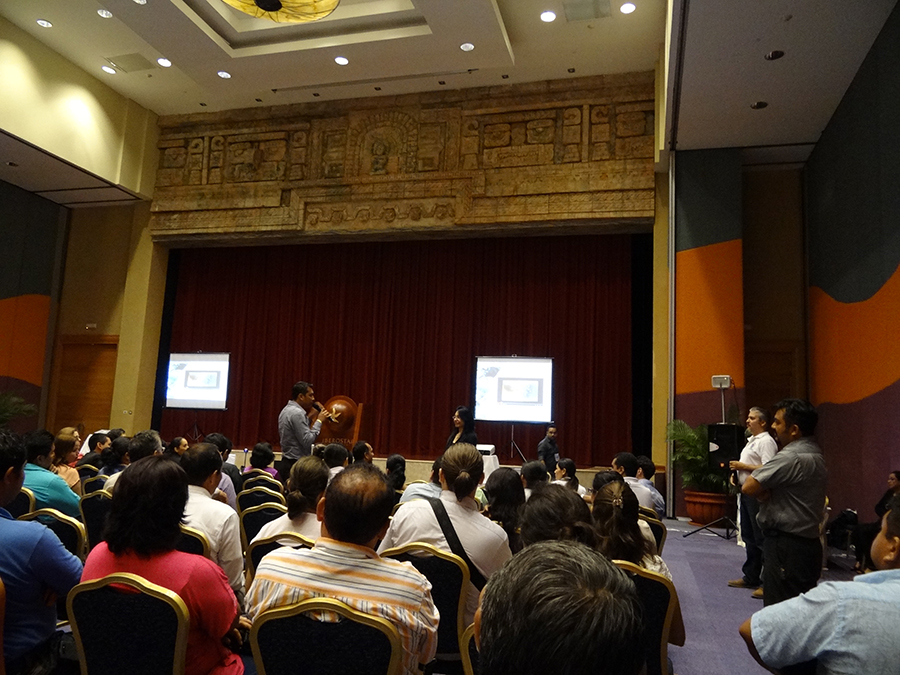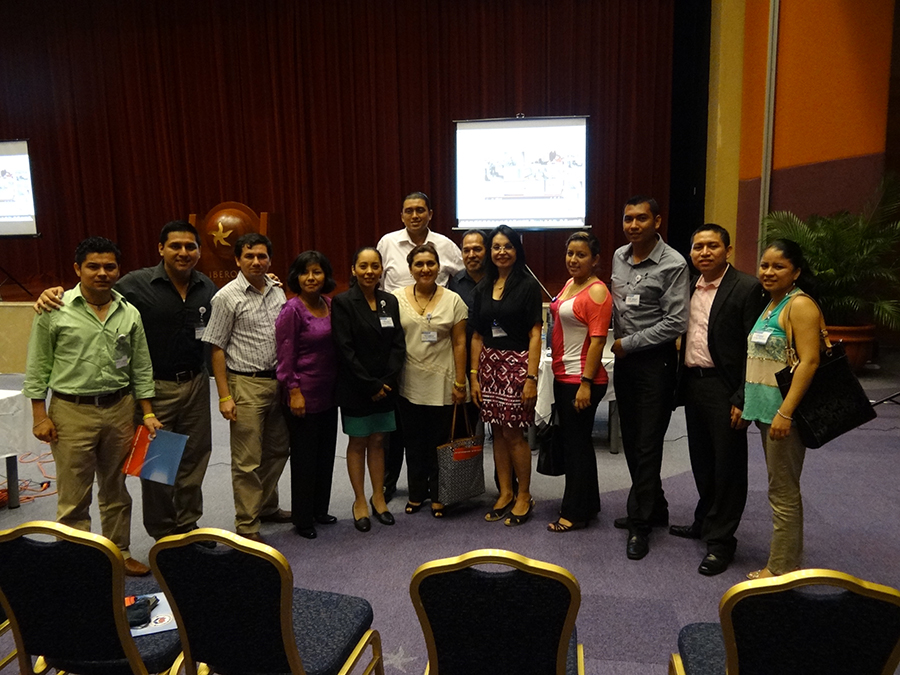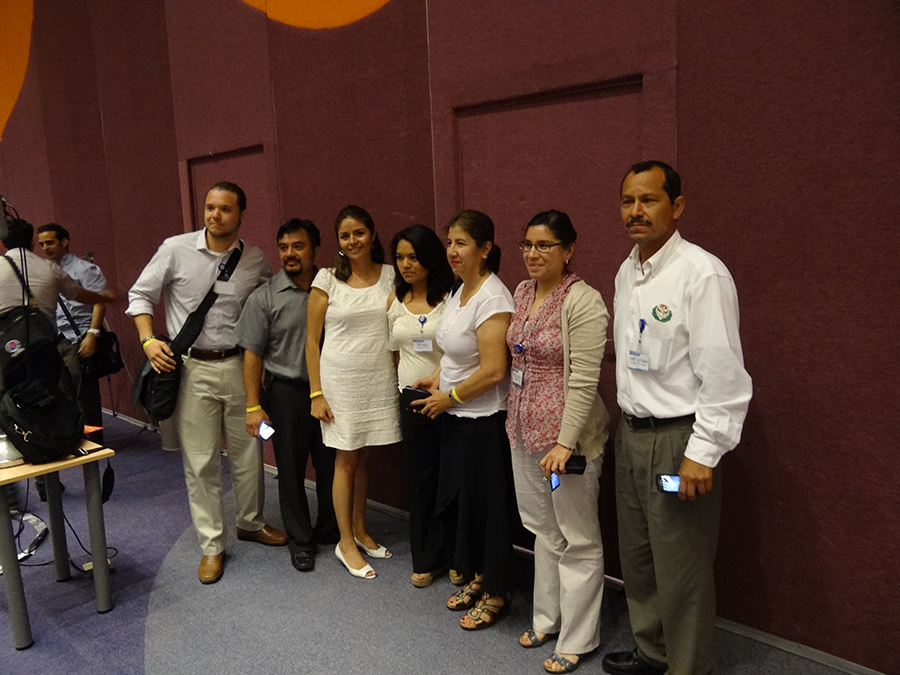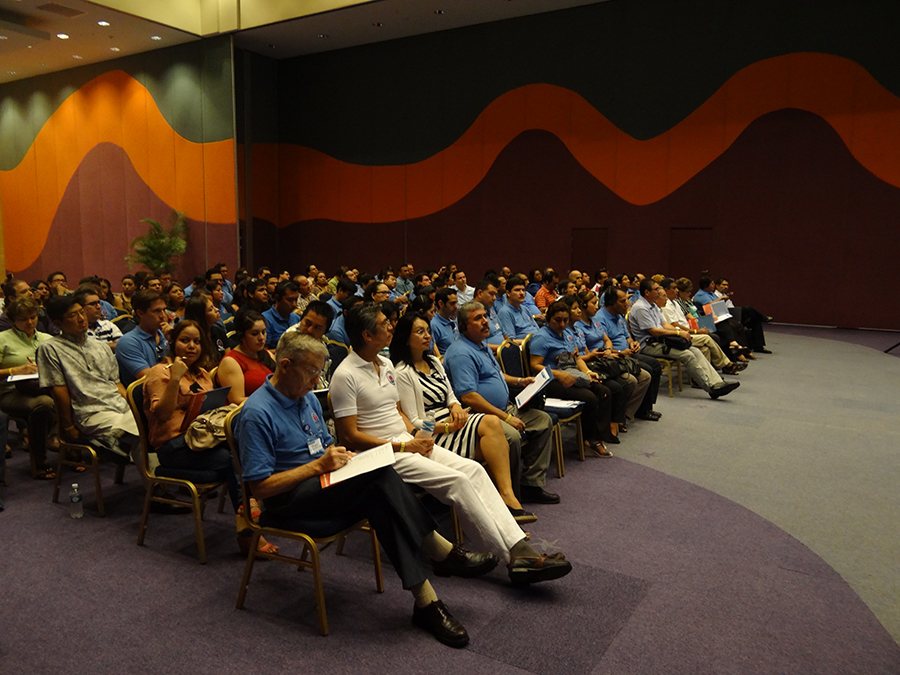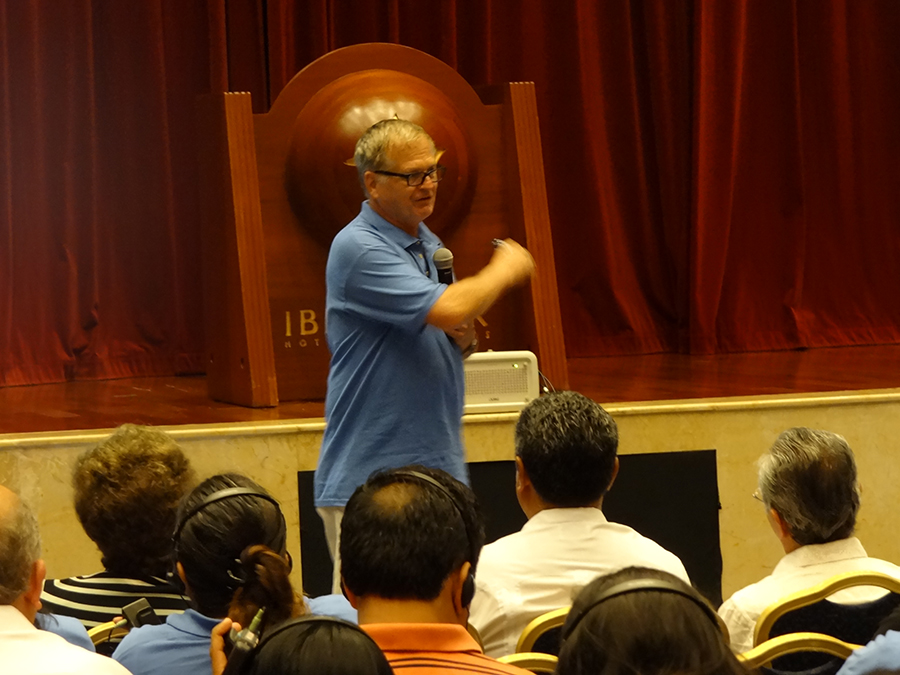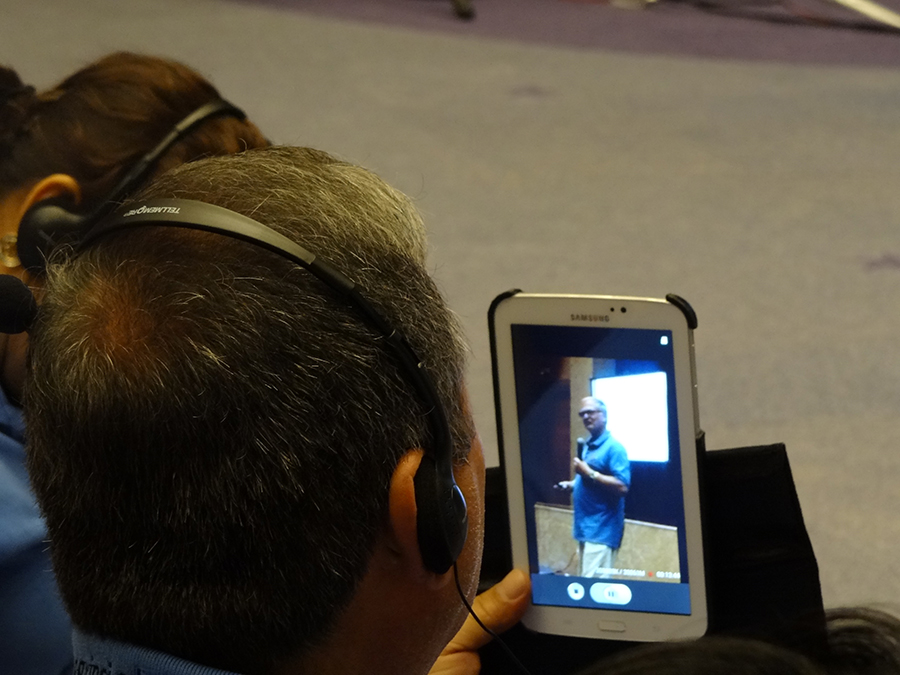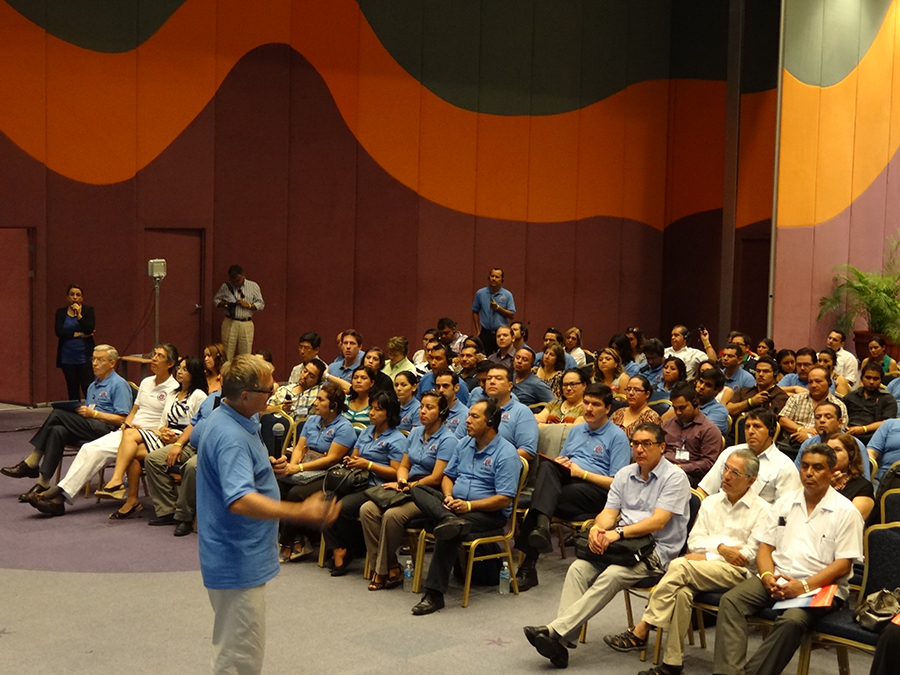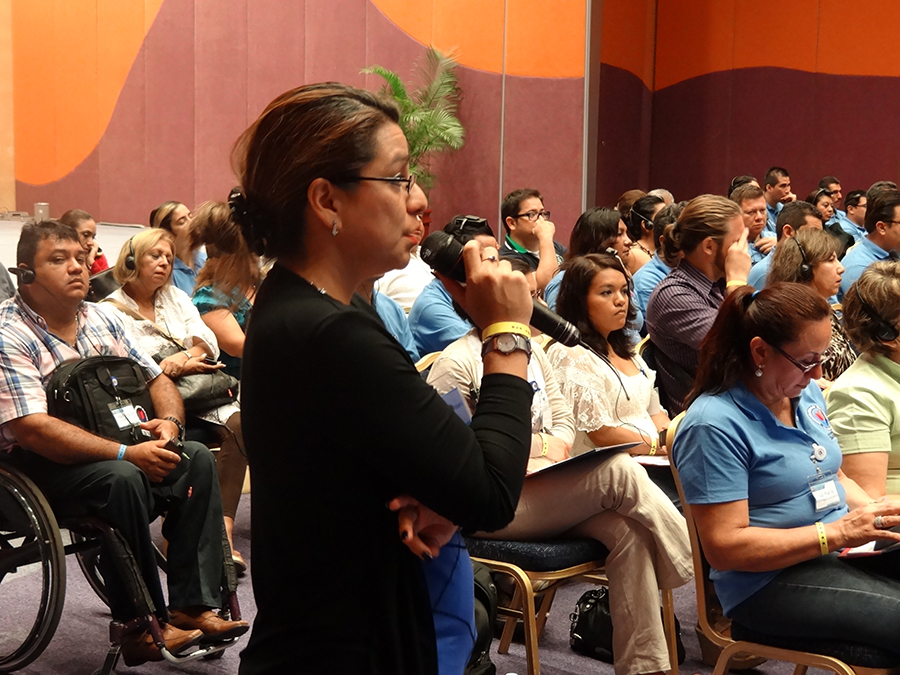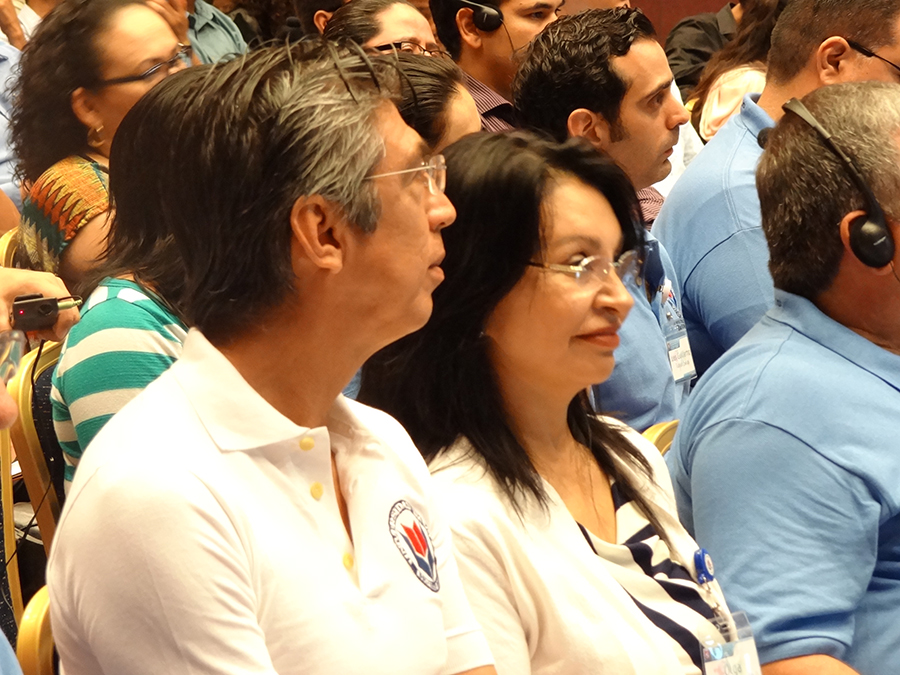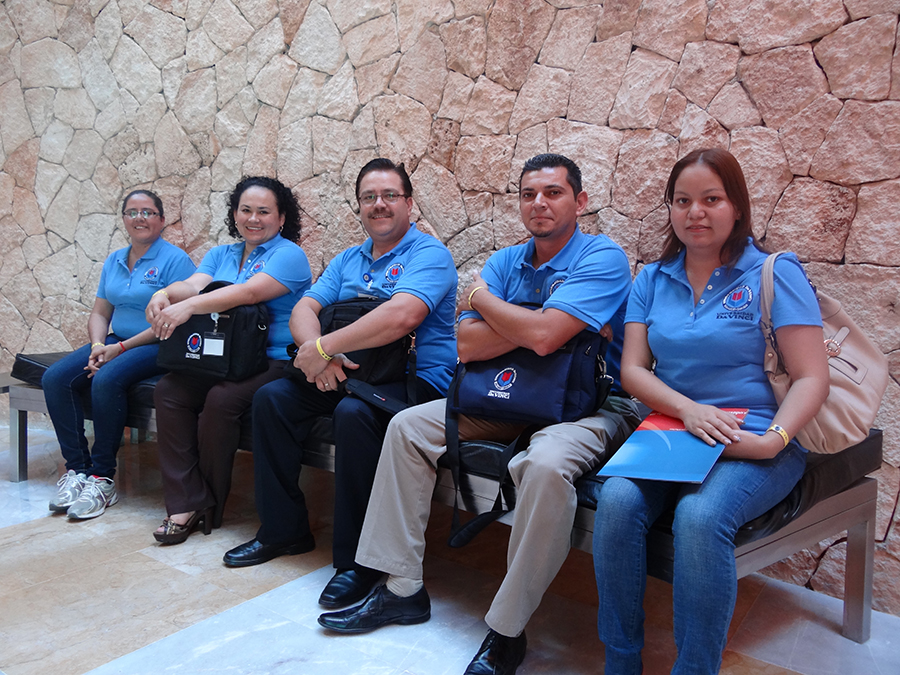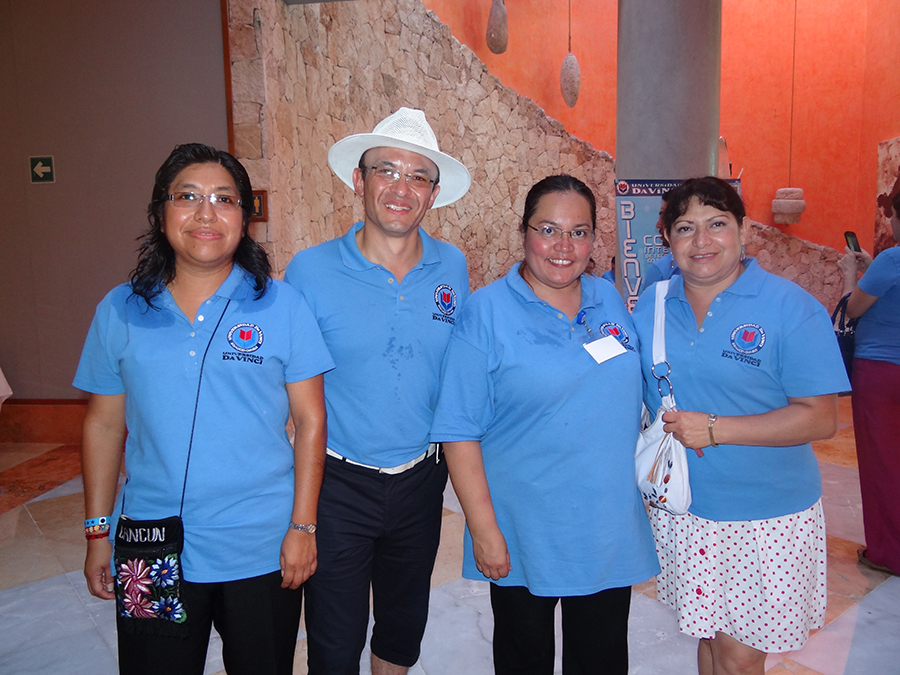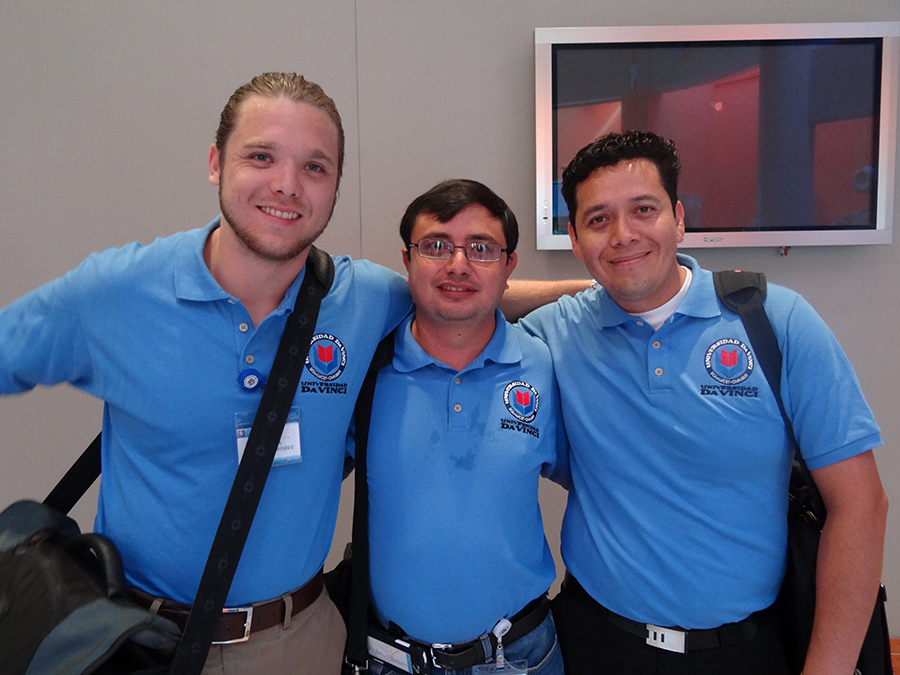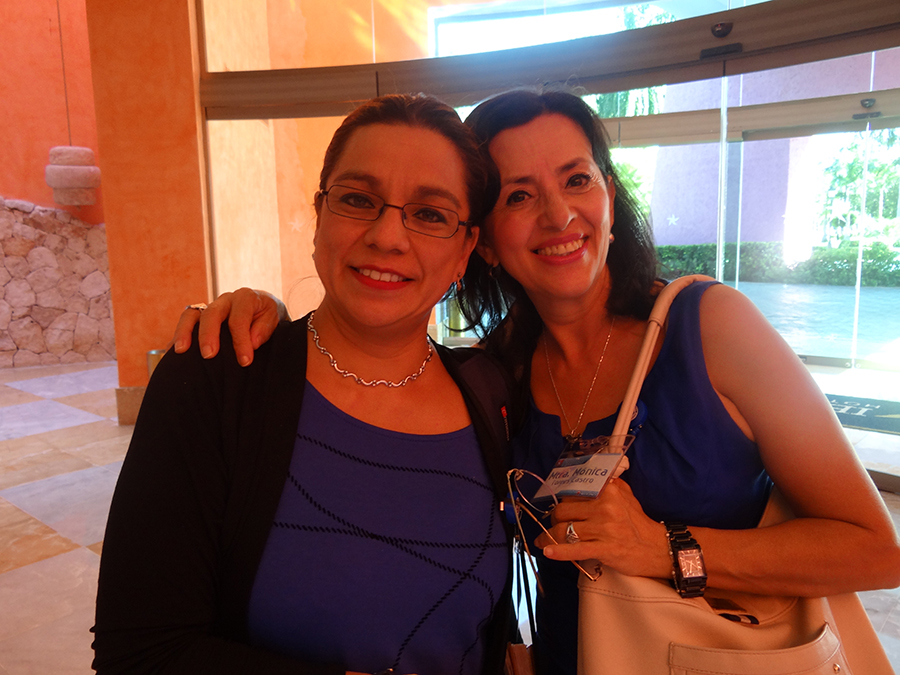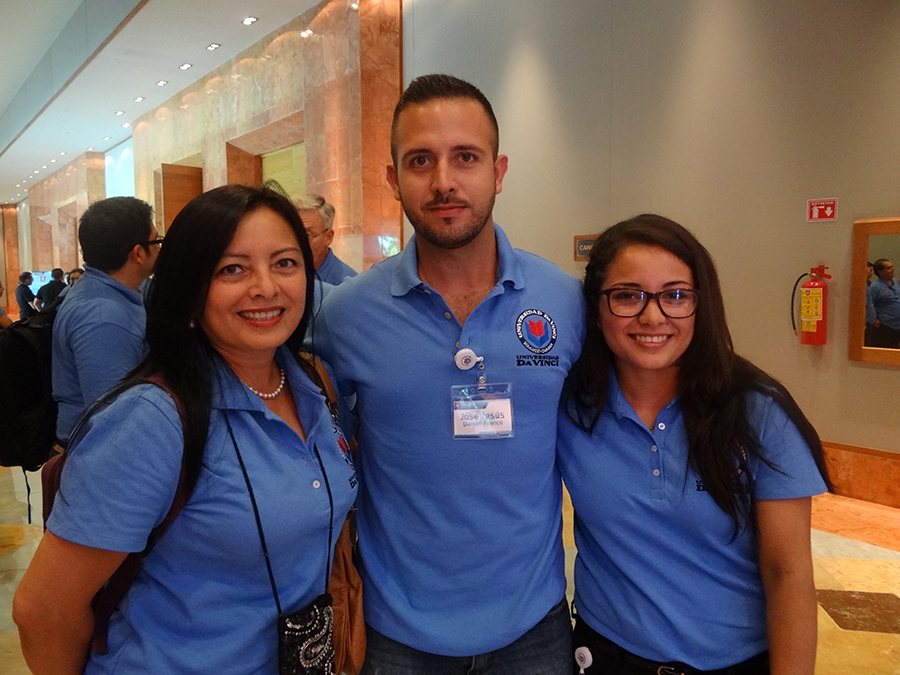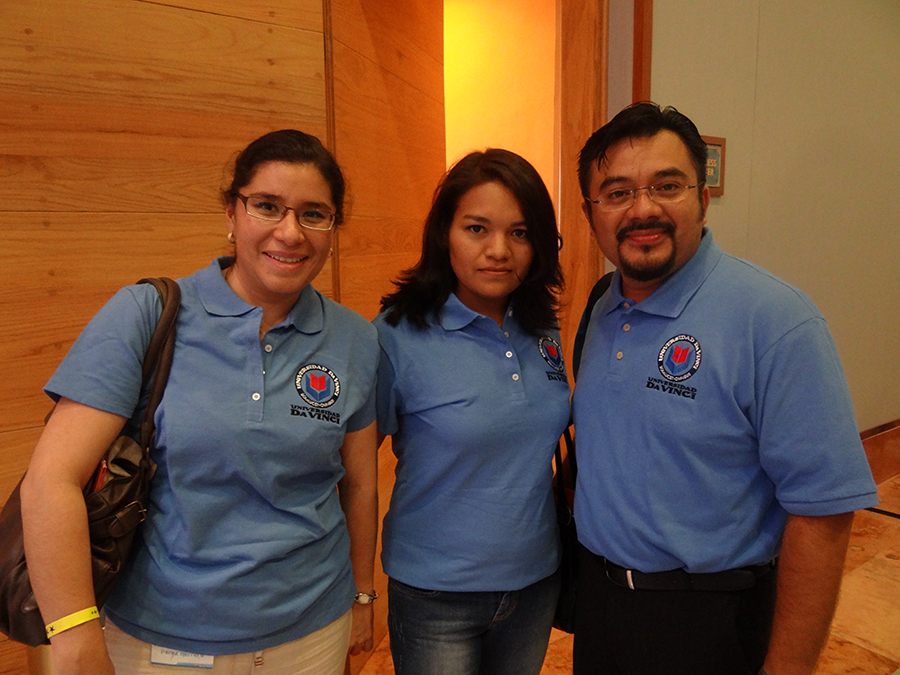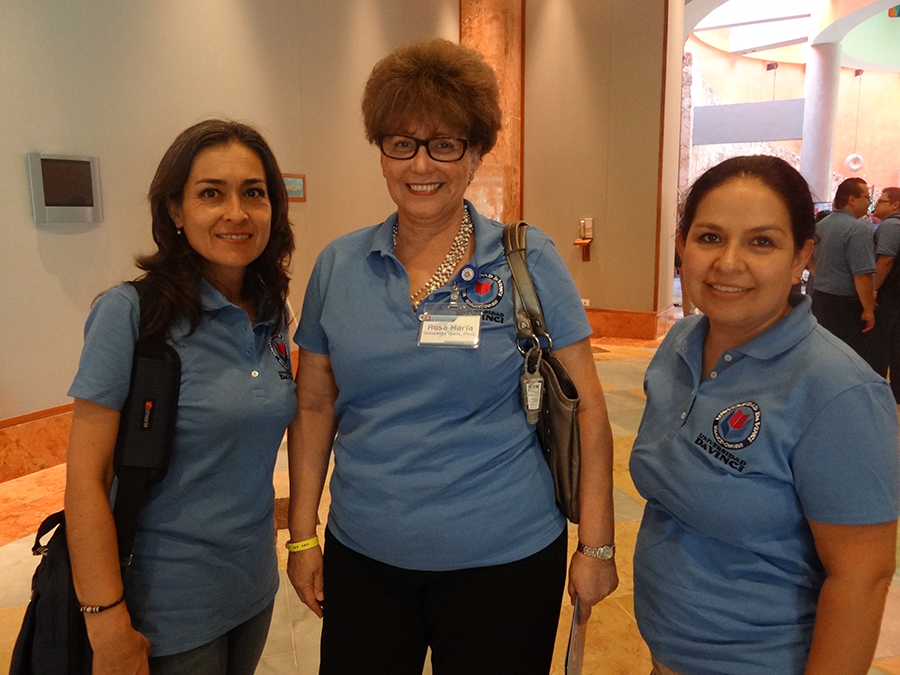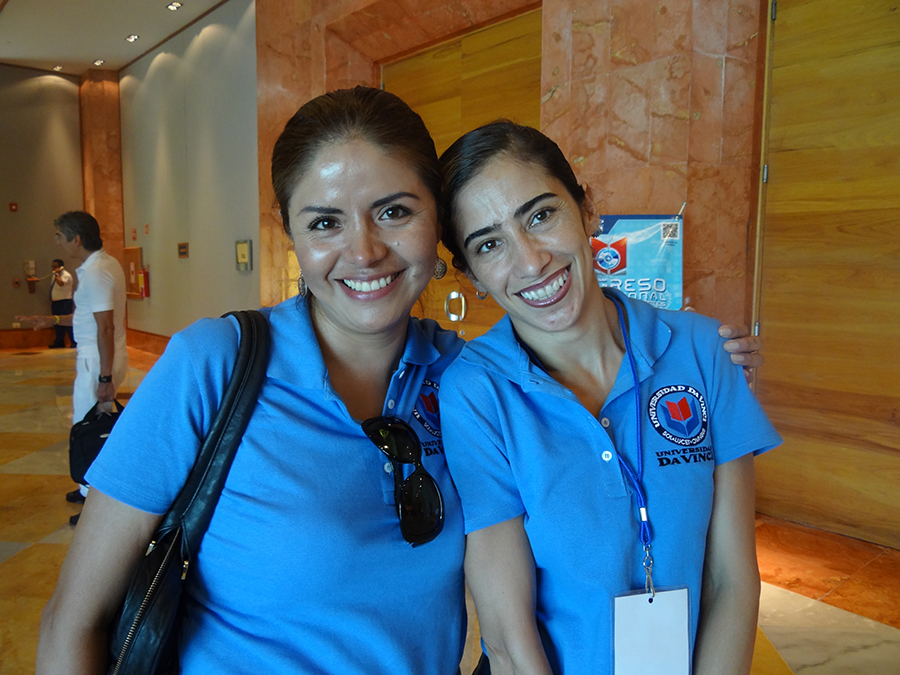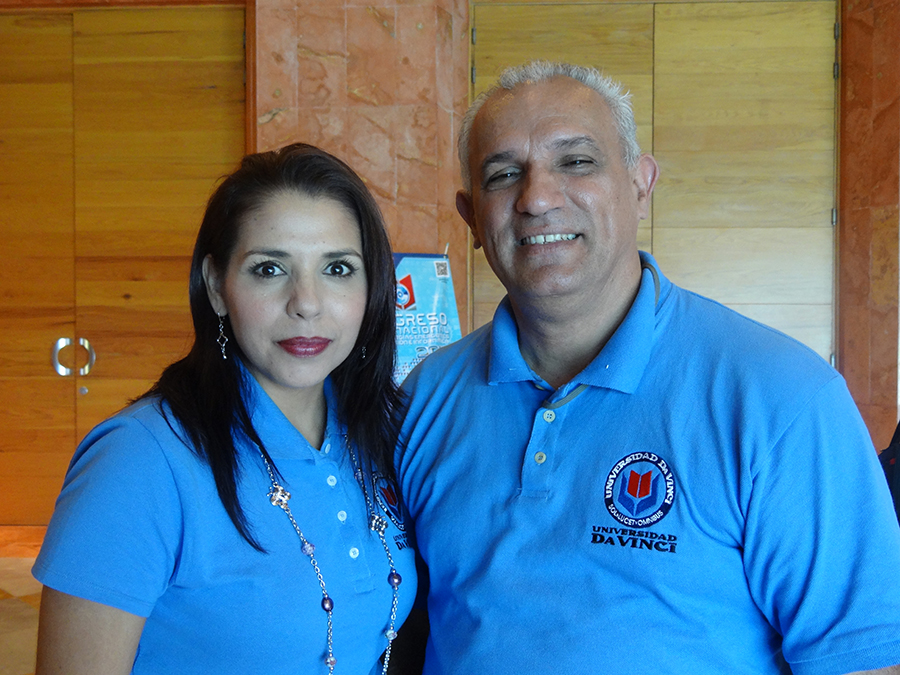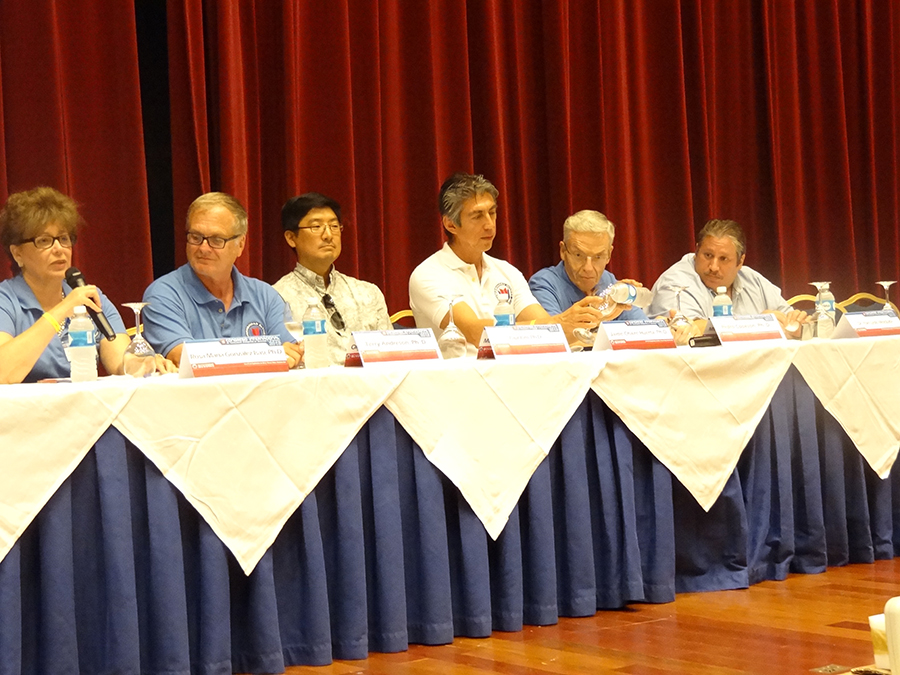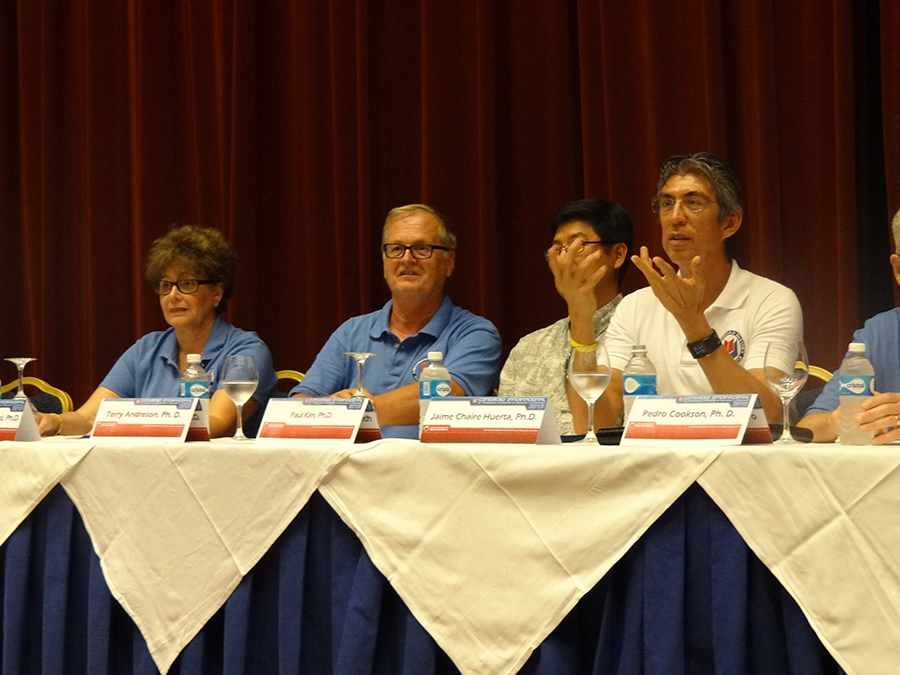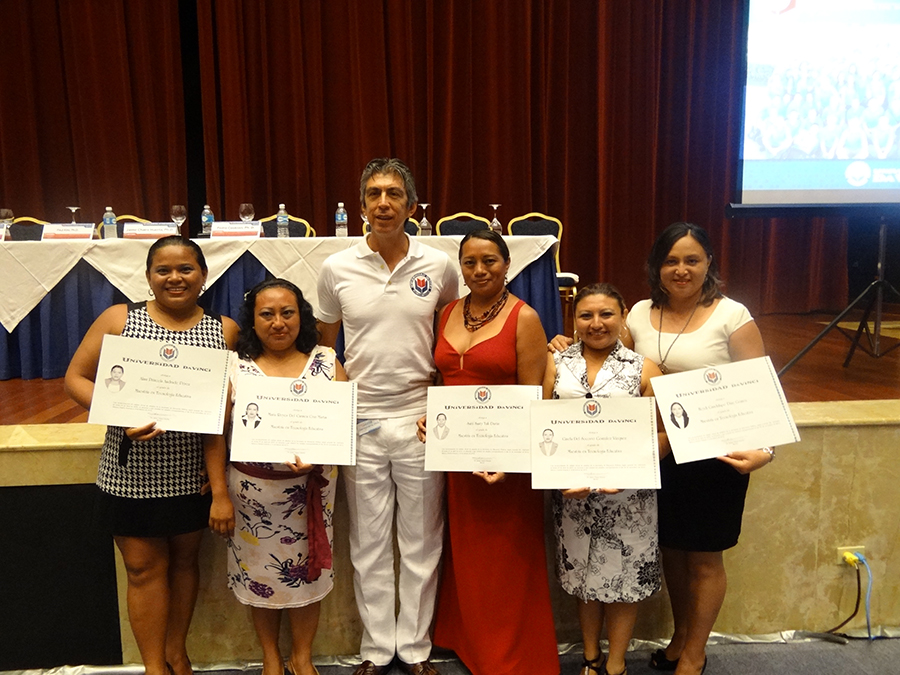I International Congress on Emerging Technologies in Education 2013
The 2013 International Congress on Emerging Technologies in Education and Informatics focused on “Massive Courses, Smart and Mobile Devices: Fashion or Paradigm Shift?”
Experts such as Dr. Paul Kim and Dr. Pedro Cookson analyzed the impact of MOOCs and distance education. Dr. Terry Anderson discussed the integration of Web 2.0 technologies in pedagogy, while Dr. Antonella Poce emphasized the importance of critical thinking in online learning.
Dr. Clara NG addressed the evolution of online courses, and finally, Dr. Javier de la Garza examined distance higher education in Mexico. This event explored how technology is redefining education, raising the question of whether it is a fad or a fundamental shift in the educational paradigm
Plenary Sessions
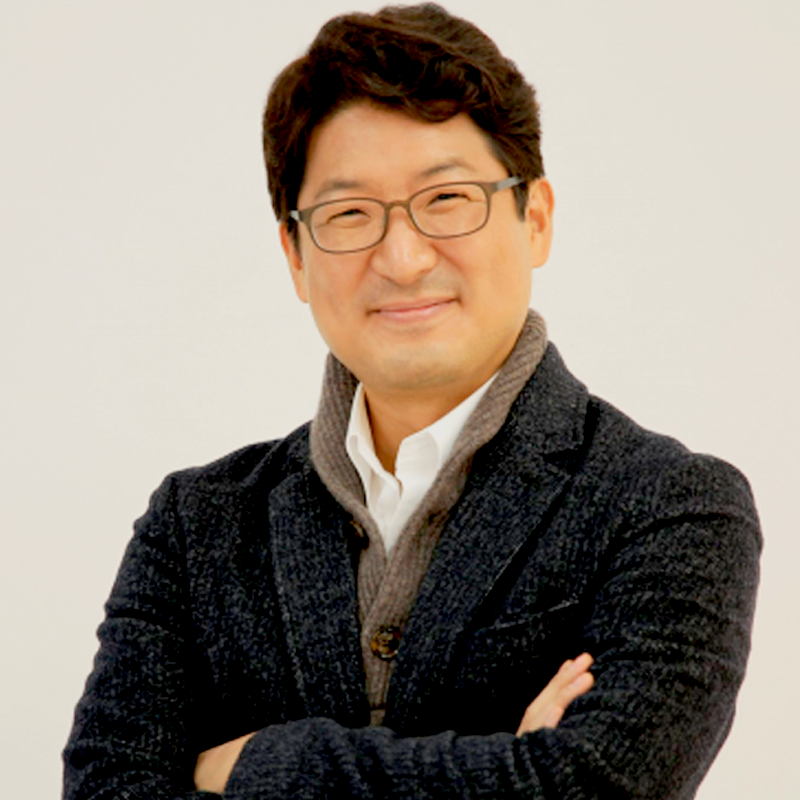
MOOCs Through the Lens of Sustainability
By Paul Kim
The lecture addressed Massive Open Online Courses (MOOCs), their challenges, and sustainability. Kim discussed critiques of MOOCs, such as low completion rates, and questioned their sustainability in current forms. He examined non-profit and for-profit business models and reflected on how MOOCs can evolve and contribute to higher education, emphasizing the importance of adapting them to meet changing educational needs.
Distance Education: Alternative Perspectives from the Field
By Pedro Cookson
In this lecture, new perspectives on distance education were explored. Cookson discussed the unique challenges and opportunities of this modality, stressing the importance of innovation and adaptability in virtual learning. He focused on strategies to enhance student engagement and performance, analyzing cases of success and failure. Additionally, he addressed the critical role of technology and the need for a more personalized approach in online education.
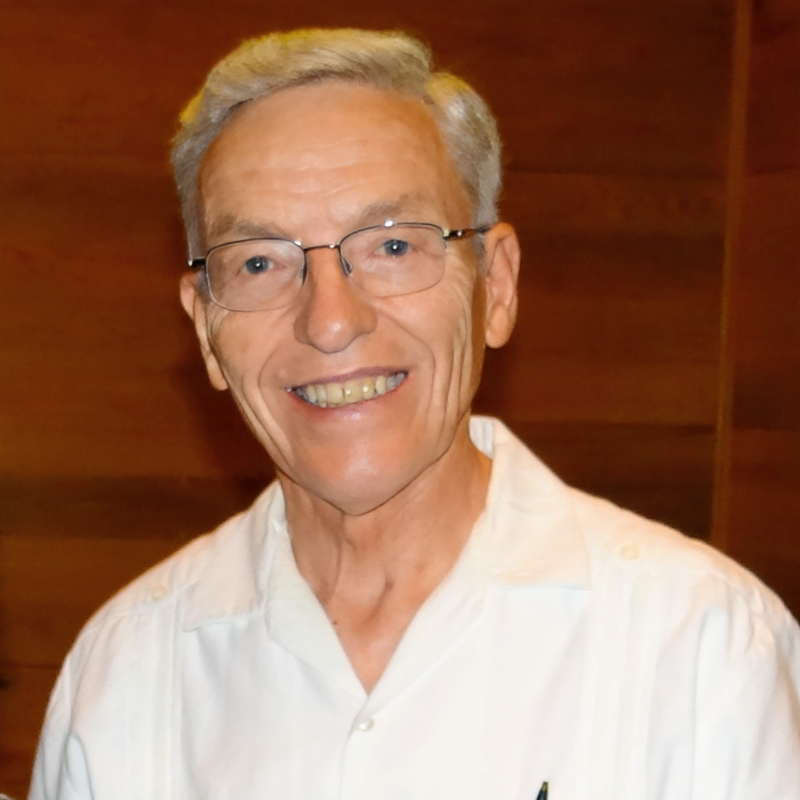
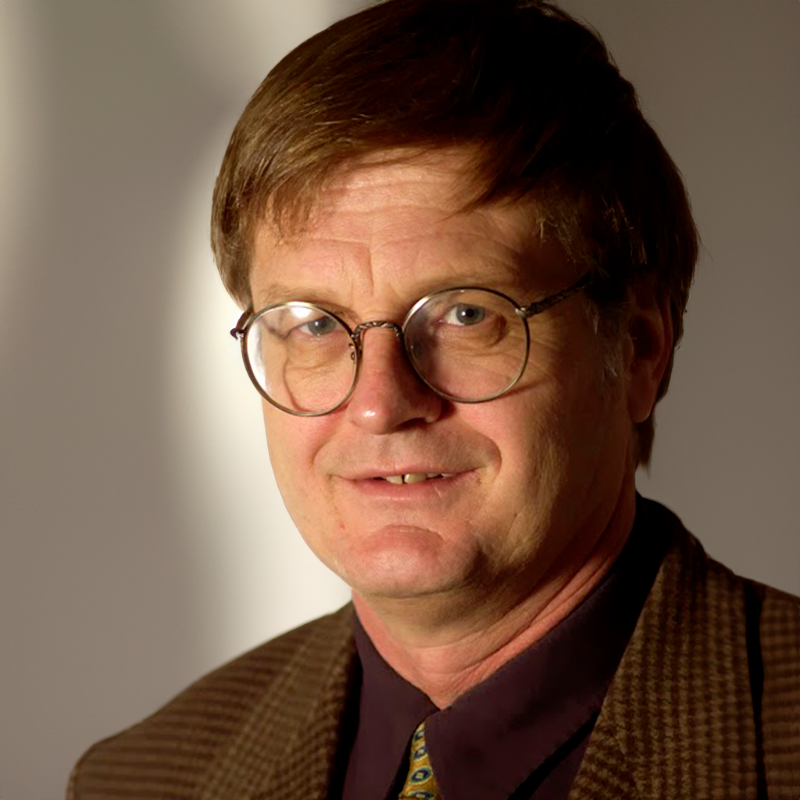
The Integration of Web 2.0 Technologies and Social Networks in Three Generations of Distance Education Studies in Pedagogy.
By Terry Anderson
EThis lecture analyzed the evolution of pedagogy in Distance Education (DE) through three generations: behaviorist/cognitive, social constructivist, and connectivist. Anderson discussed how Web 2.0 technologies and social tools can enhance the online learning experience, adapting to the changing needs of students and technological advancements.
Critical Thinking in Online Learning
By Antonella Poce
Dr. Poce’s lecture facilitated our exploration of innovative methods aimed at enhancing critical thinking skills in education through the use of technologies and collaborative learning techniques. It emphasized adaptive teaching strategies and the integration of lexicometric tools to evaluate and enhance students’ comprehension and performance within online educational settings.
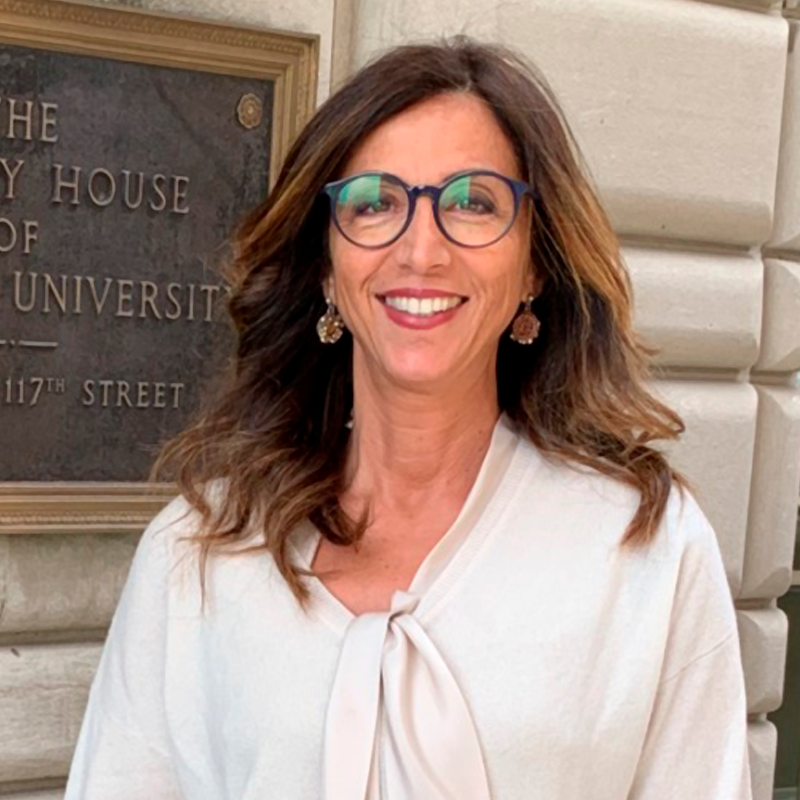
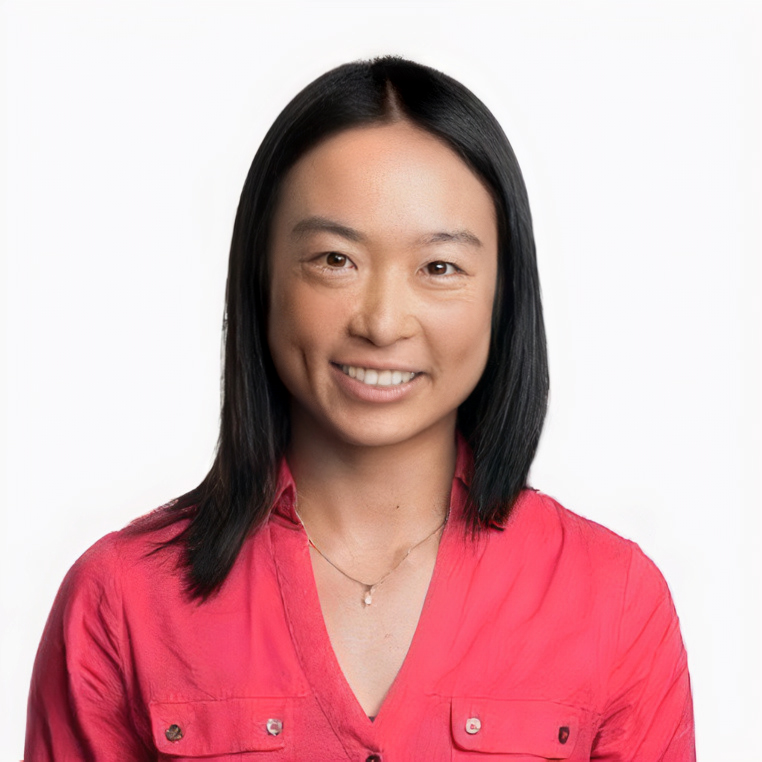
The Online Revolution: Limitless Learning
By Clara Ng
Ng’s lecture focused on the revolutions in online education, highlighting Coursera as the main example. It examined the explosive growth of MOOCs, their accessibility and diversity, and how these courses are democratizing education. Ng also discussed the integration of new technologies and teaching methods, including personalized learning and gamification to enhance the experience and engagement of students on a global scale.
The Diagnostic Evaluation of Distance Higher Education in Mexico: Methodology and Progress
By Javier de la Garza
In his lecture, Dr. de la Garza presented a detailed analysis of the evaluation of distance education programs in Mexico. It focused on the methodology used to assess the quality and effectiveness of these programs, highlighting the importance of rigorous criteria and standards. He also addressed progress and challenges in this area, emphasizing the need for adaptation and continuous improvement in distance higher education.
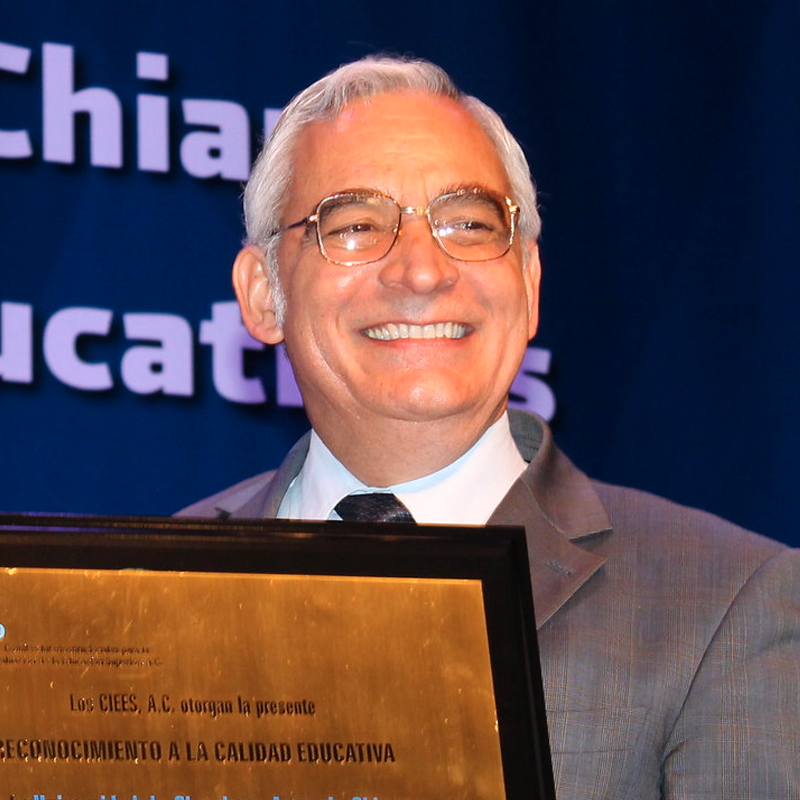
What we experienced in 2013
Secure your spot, be inspired,
learn and evolve!

